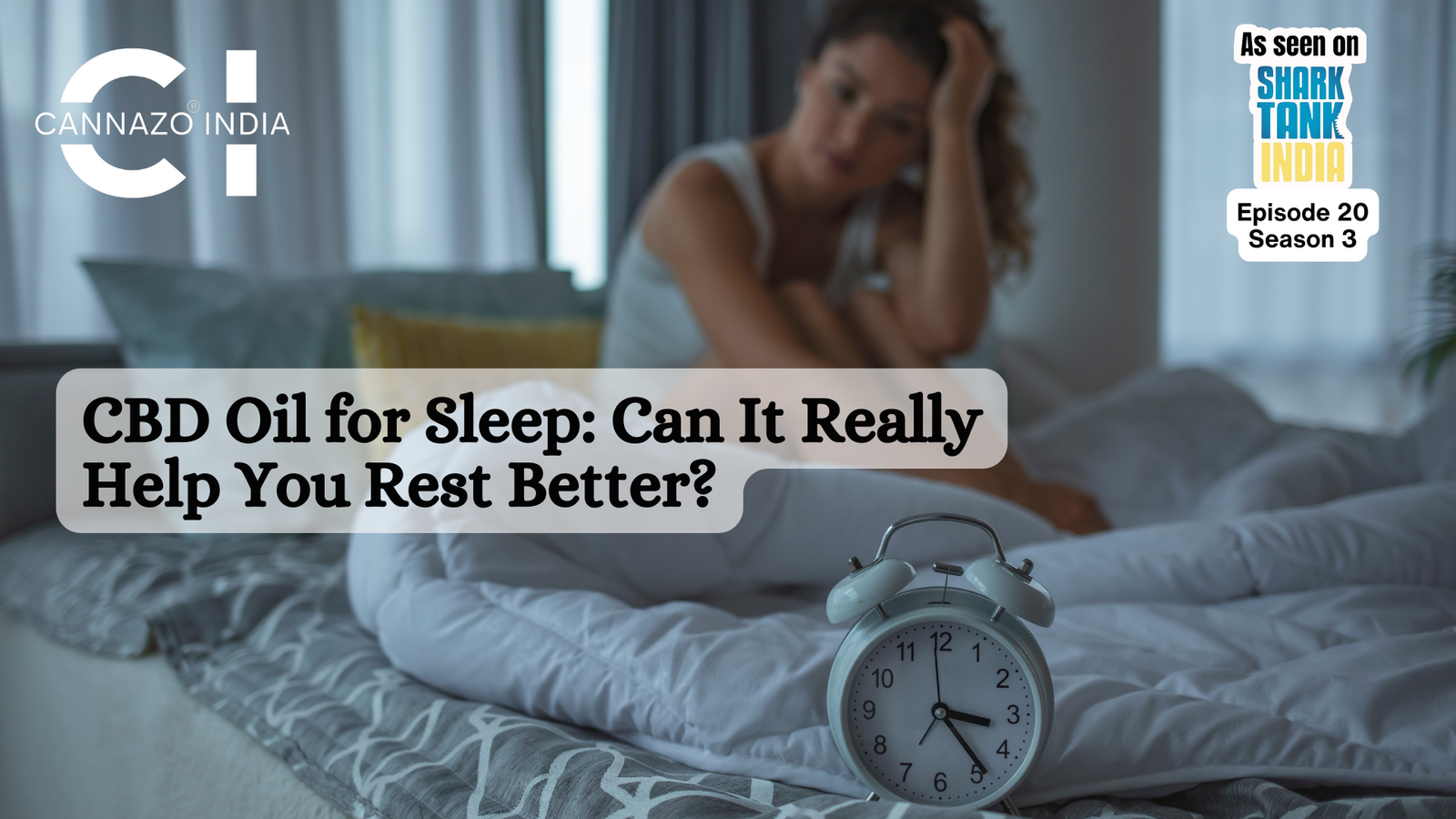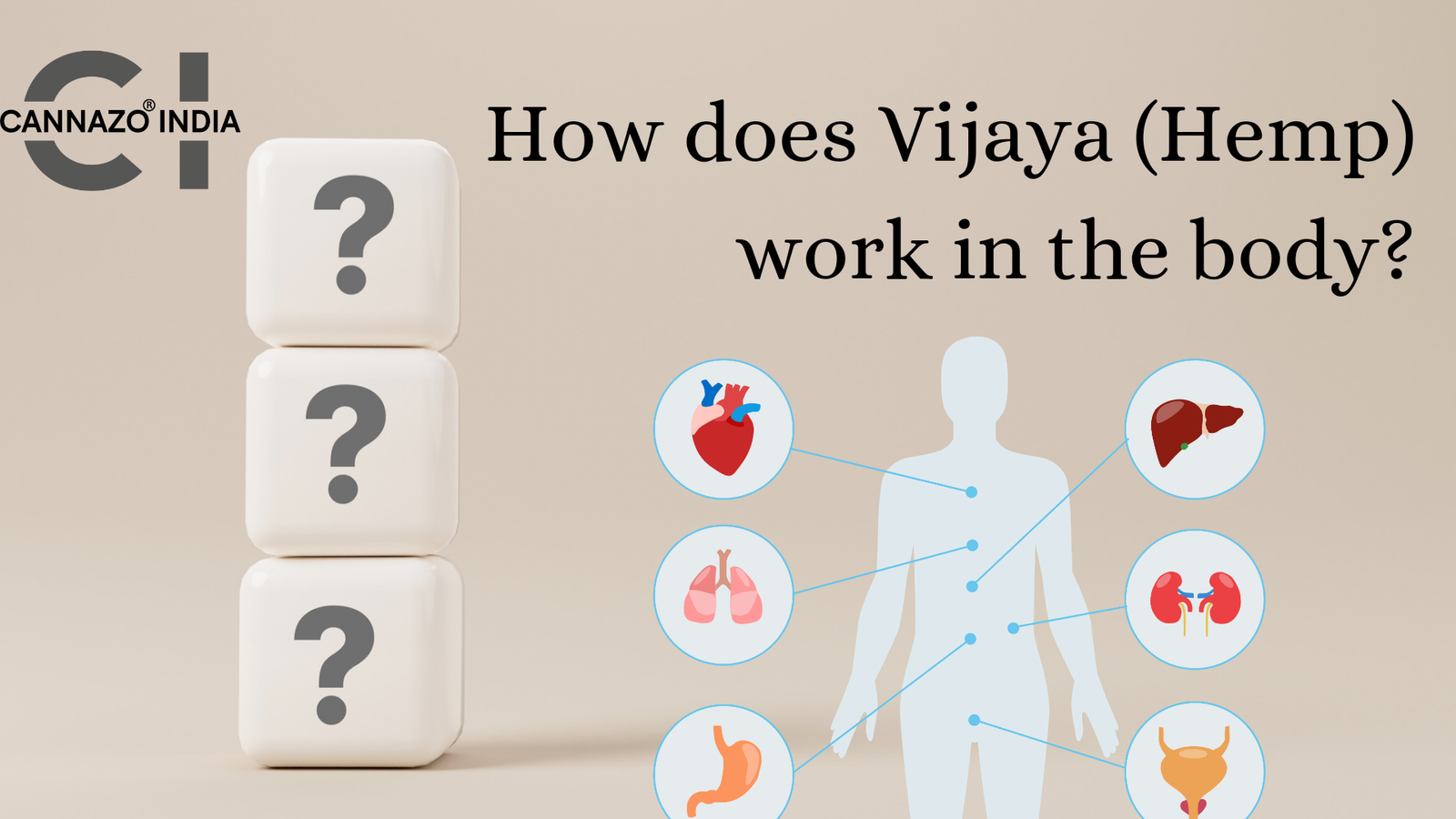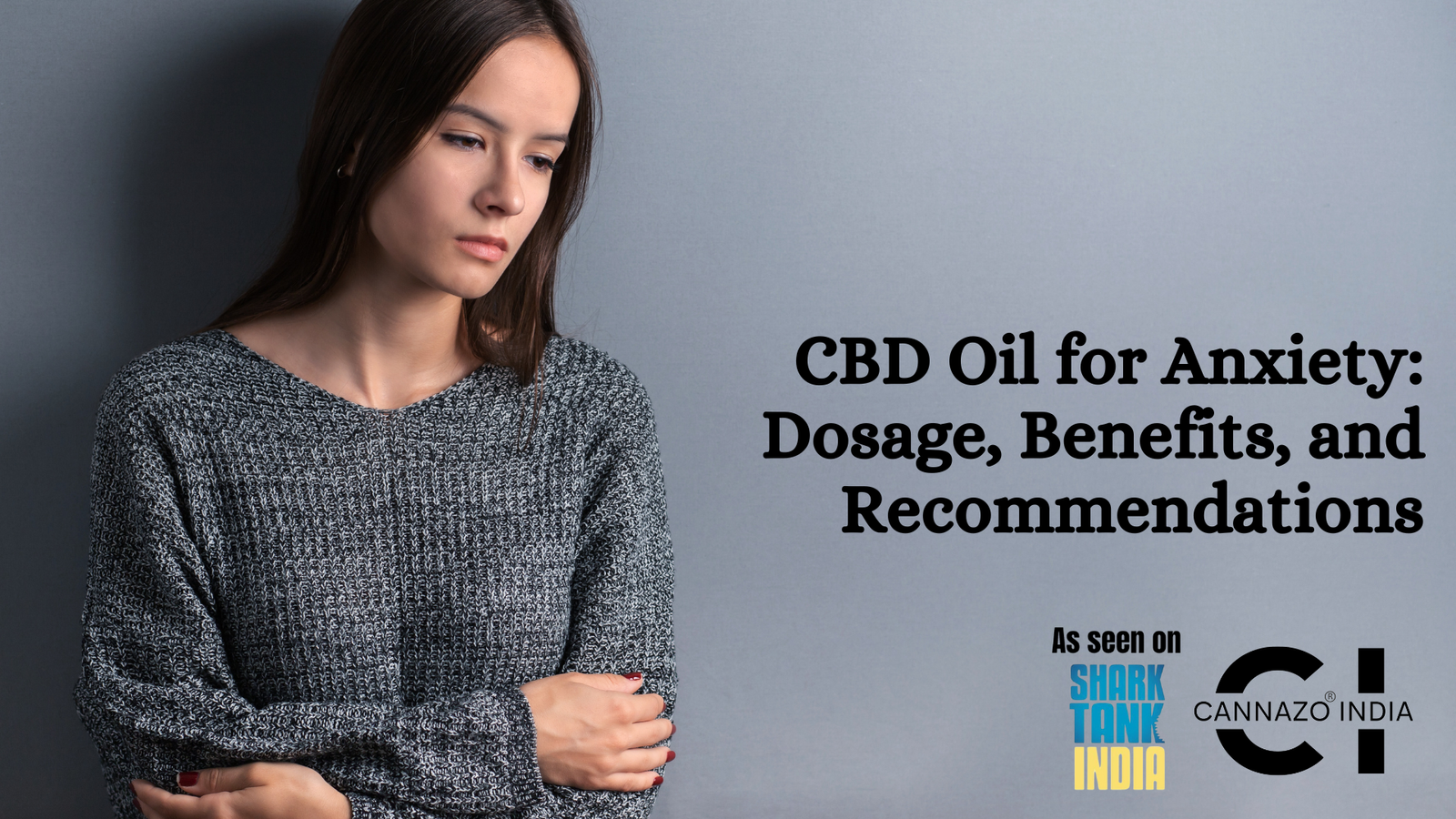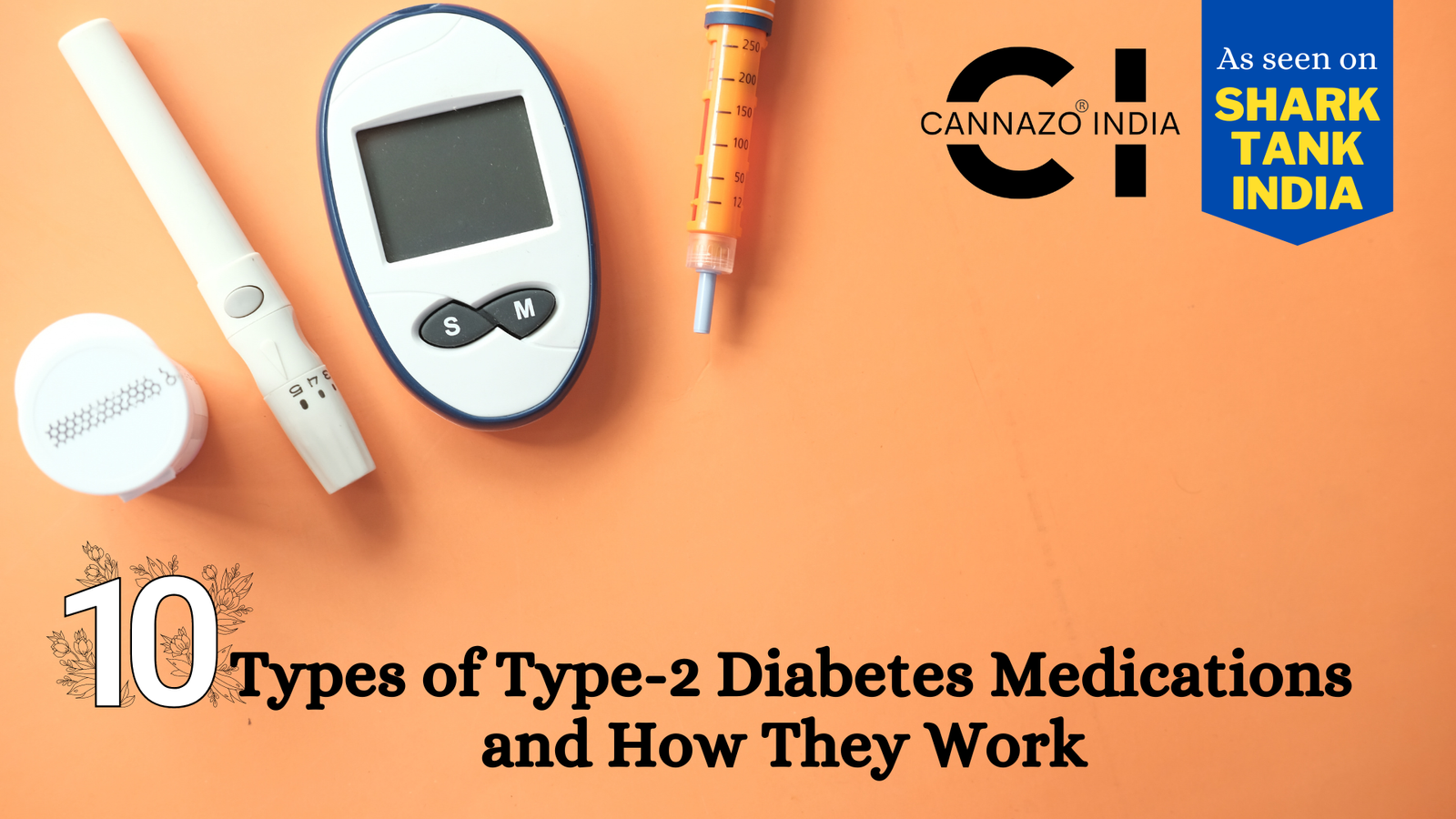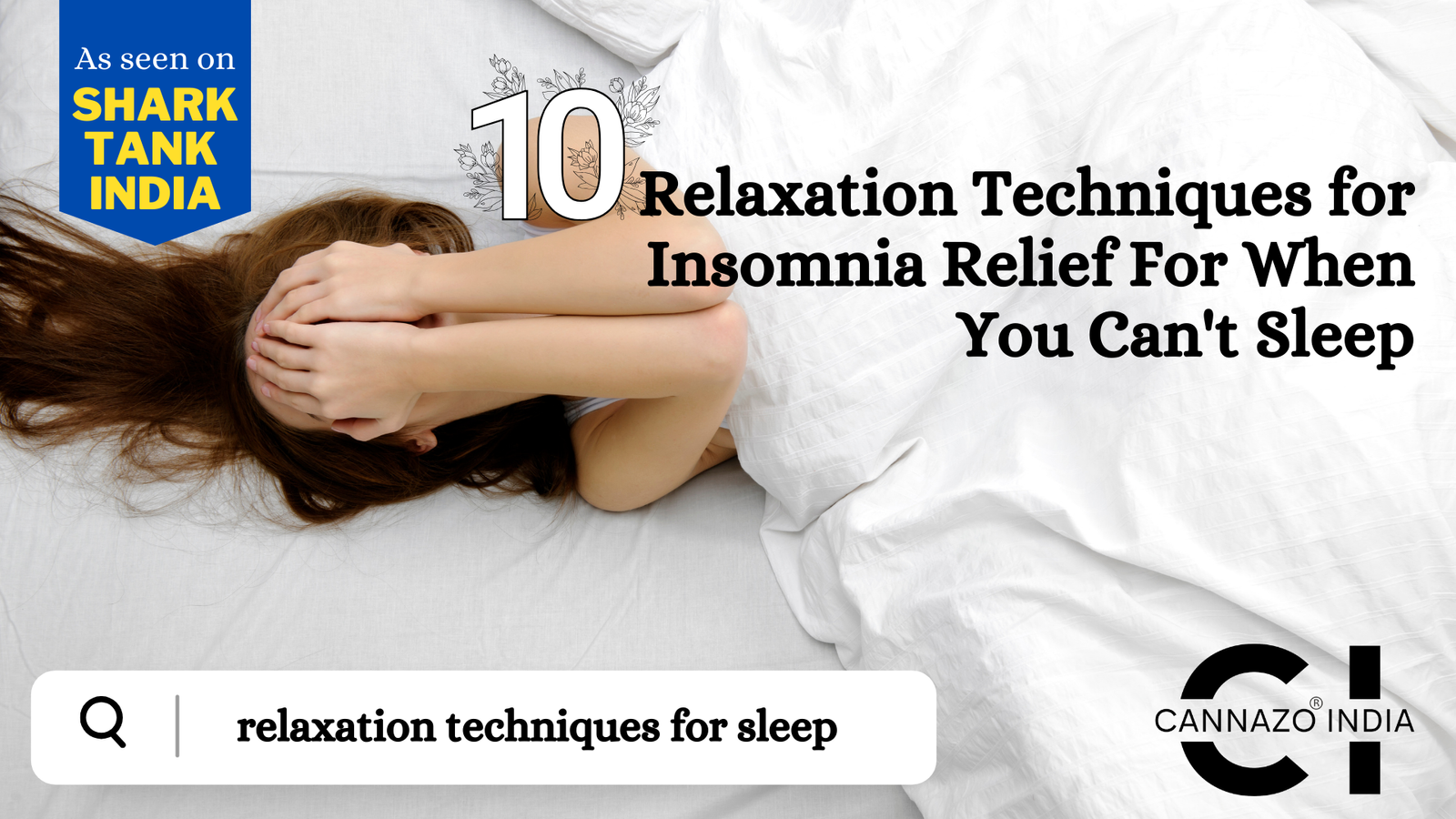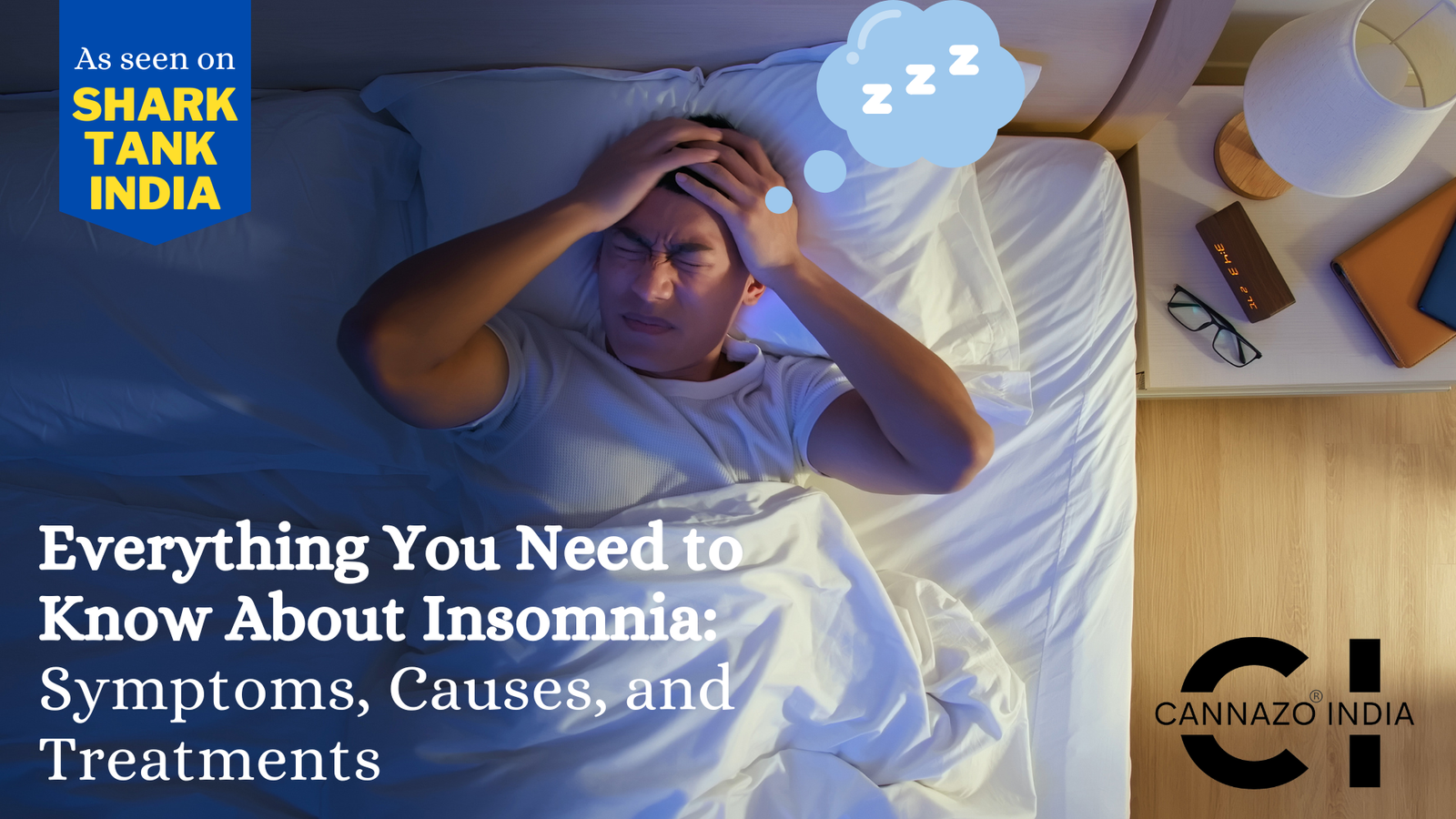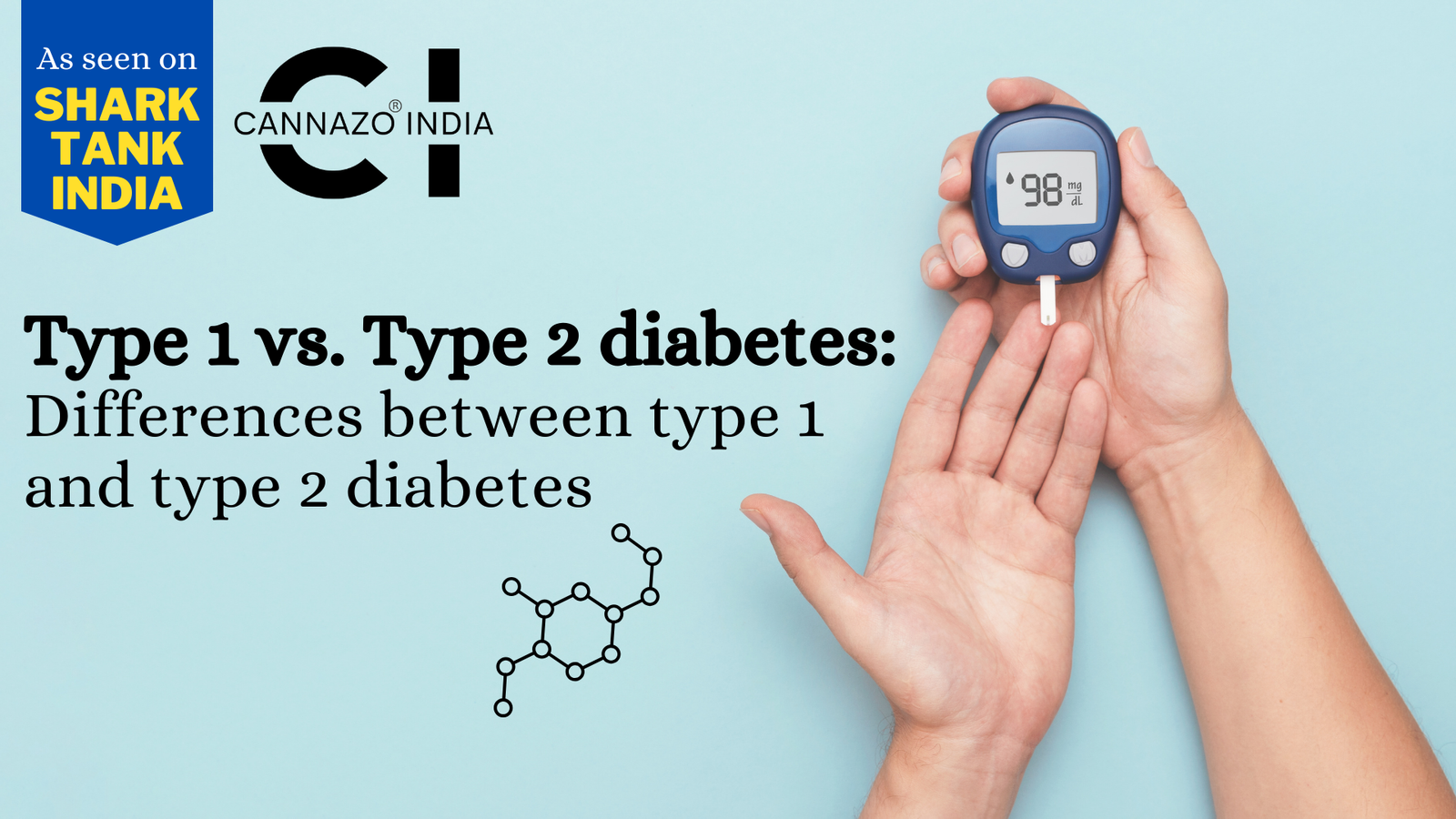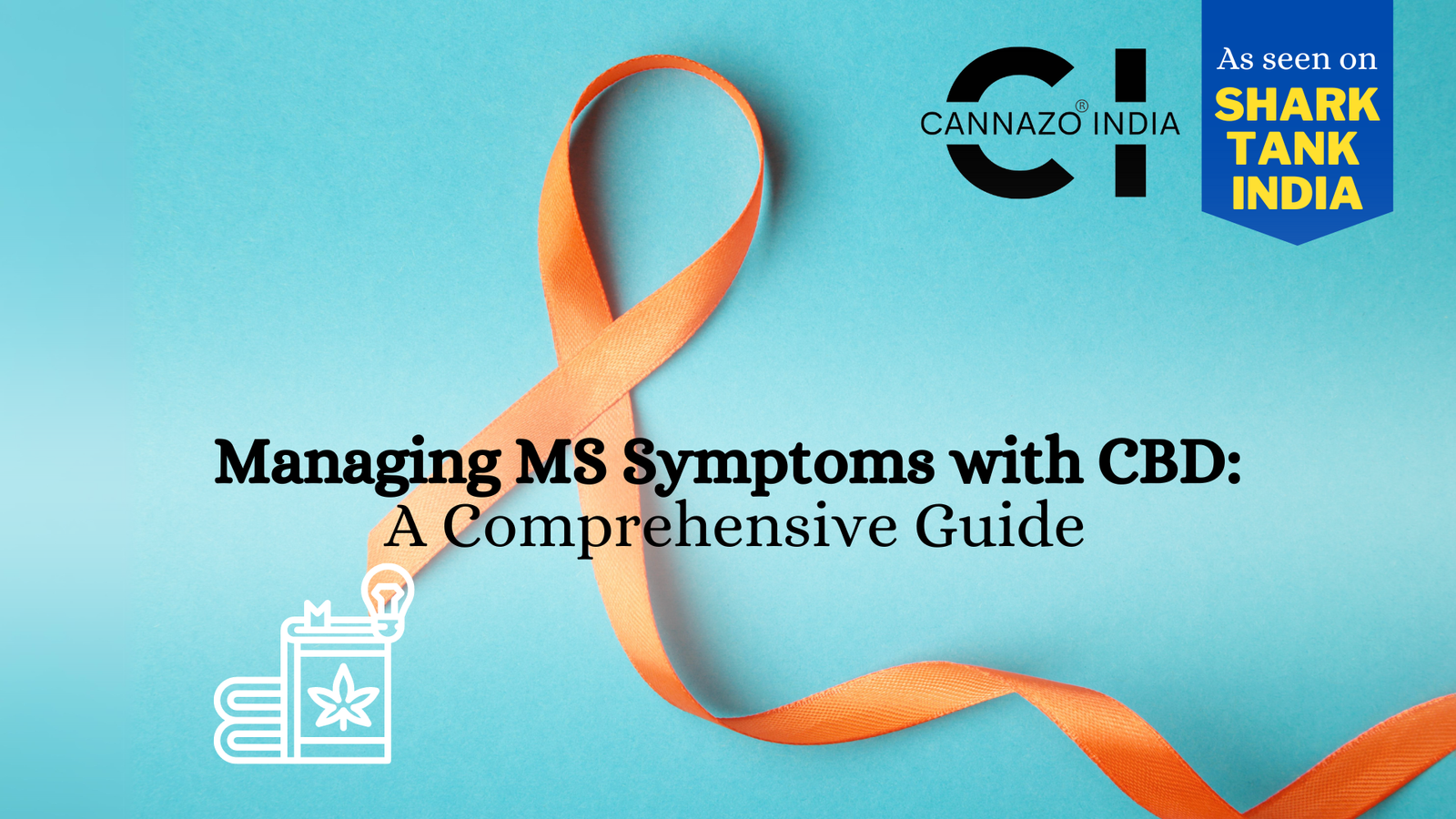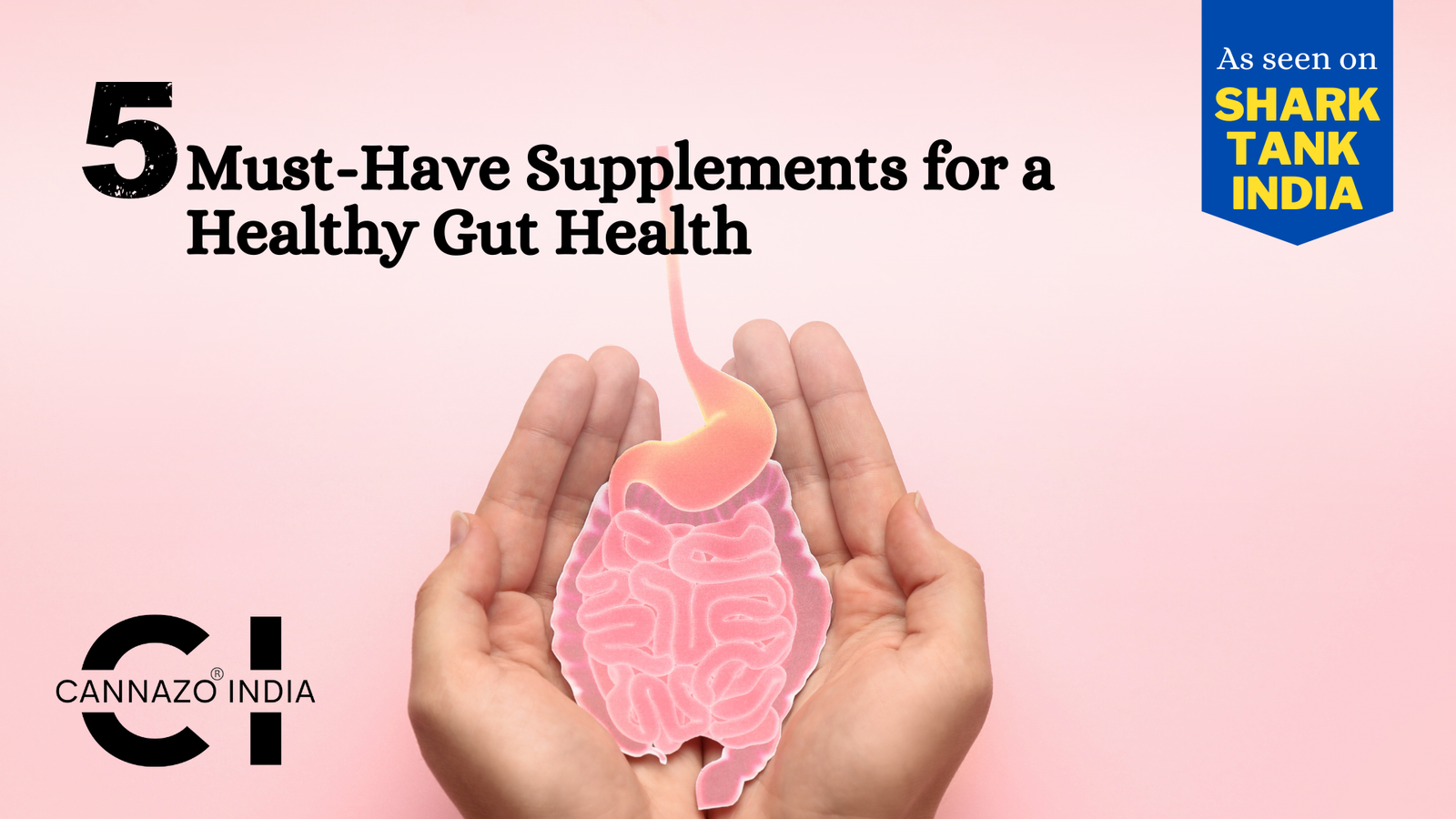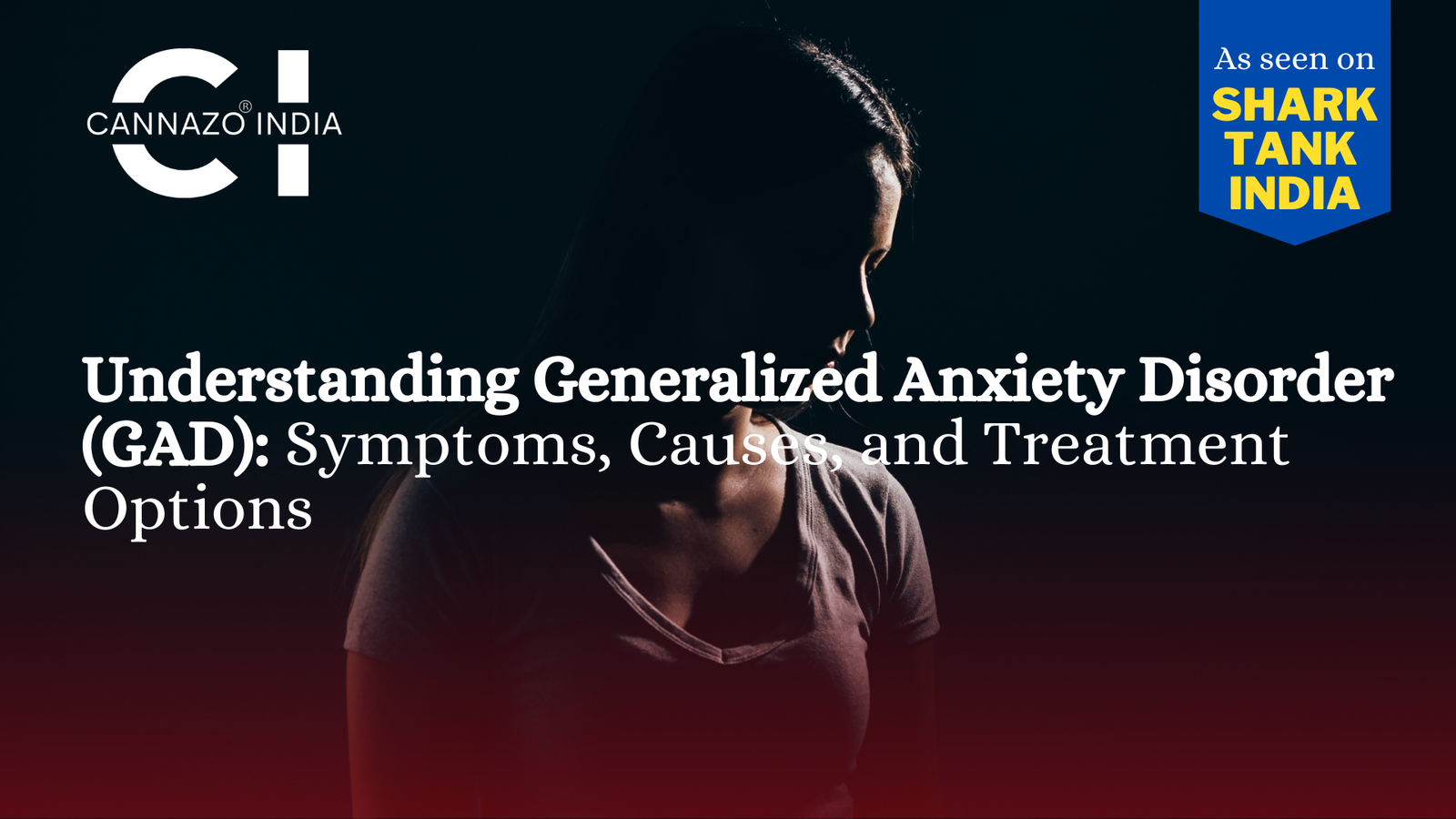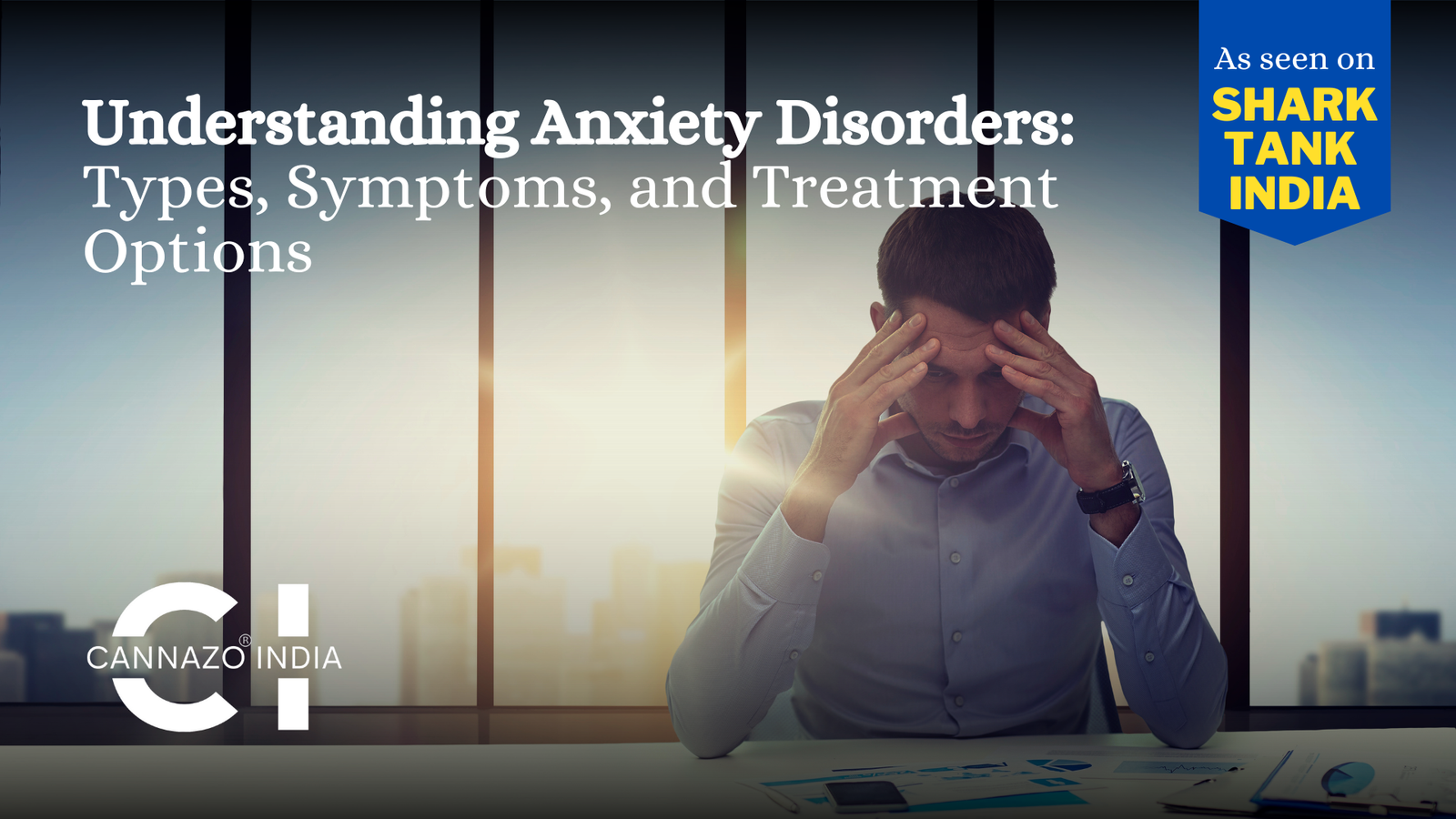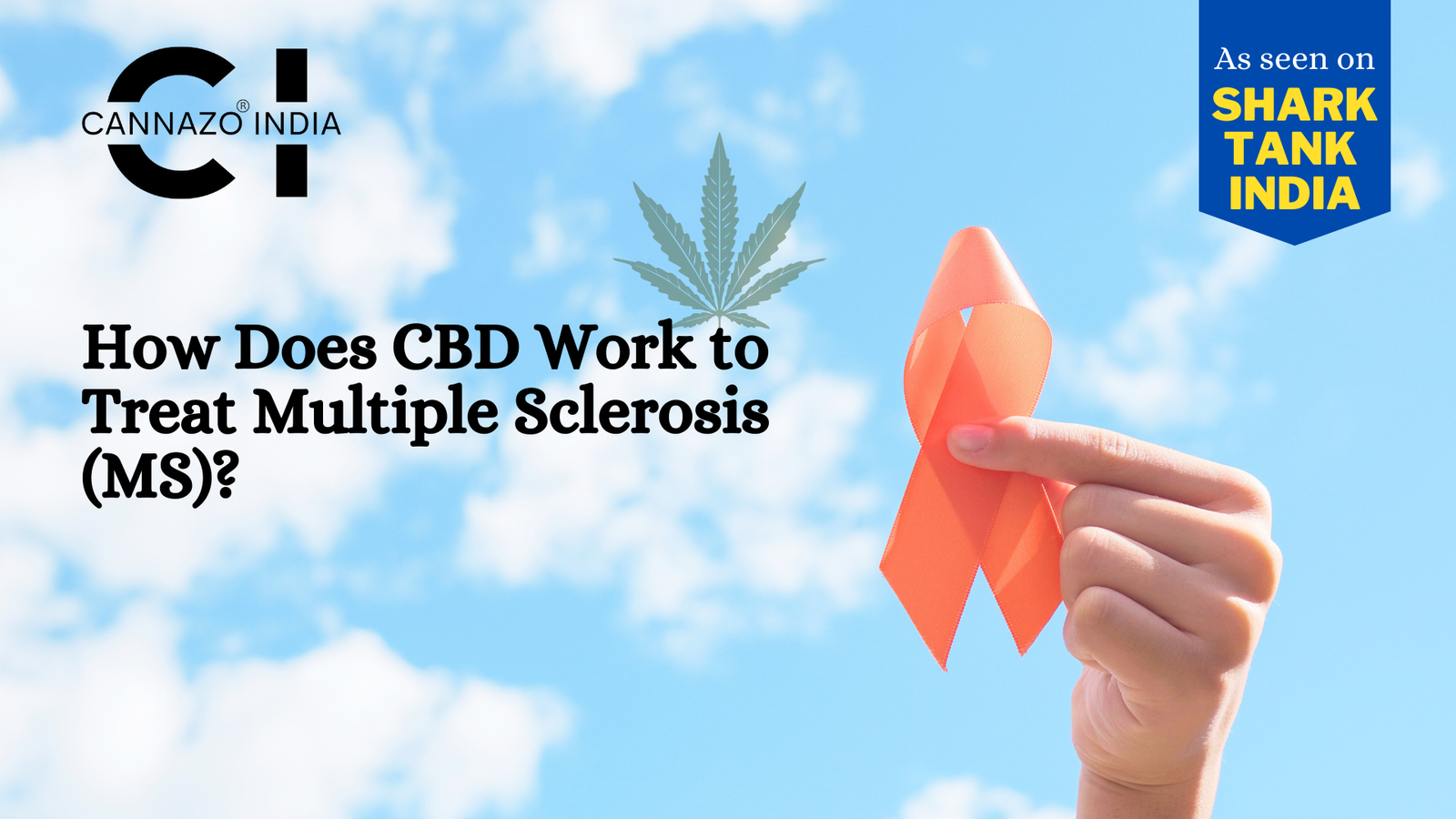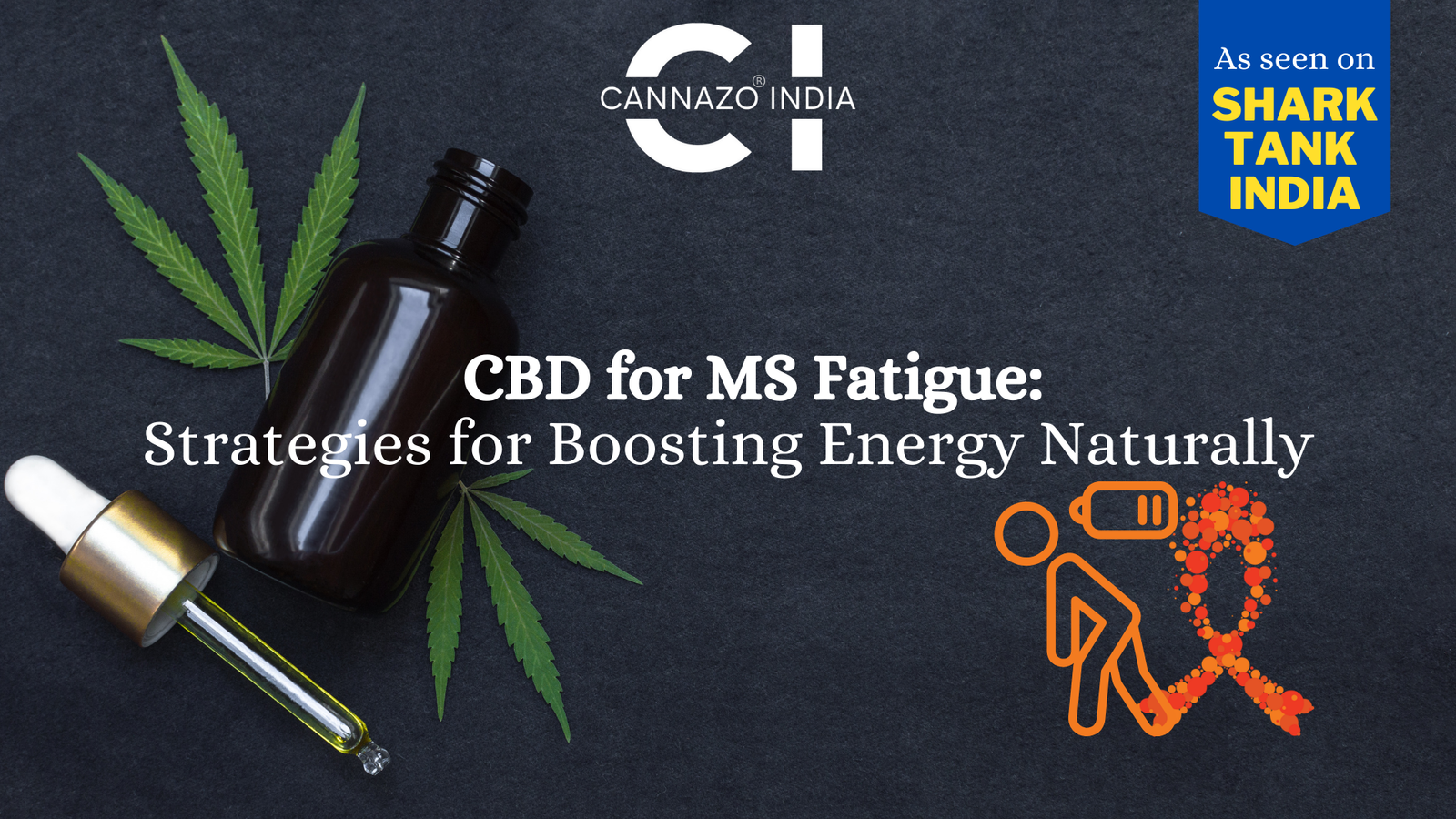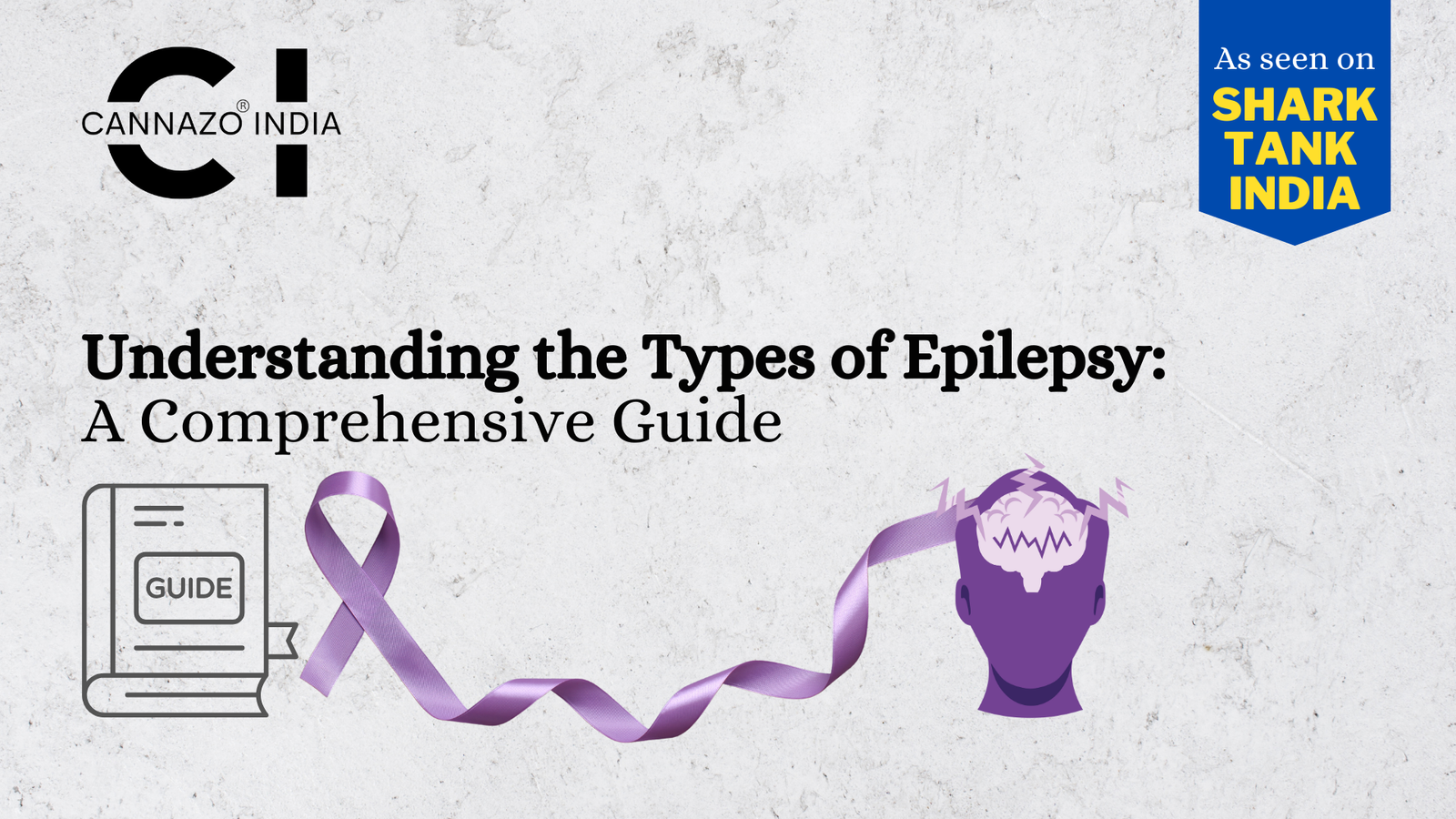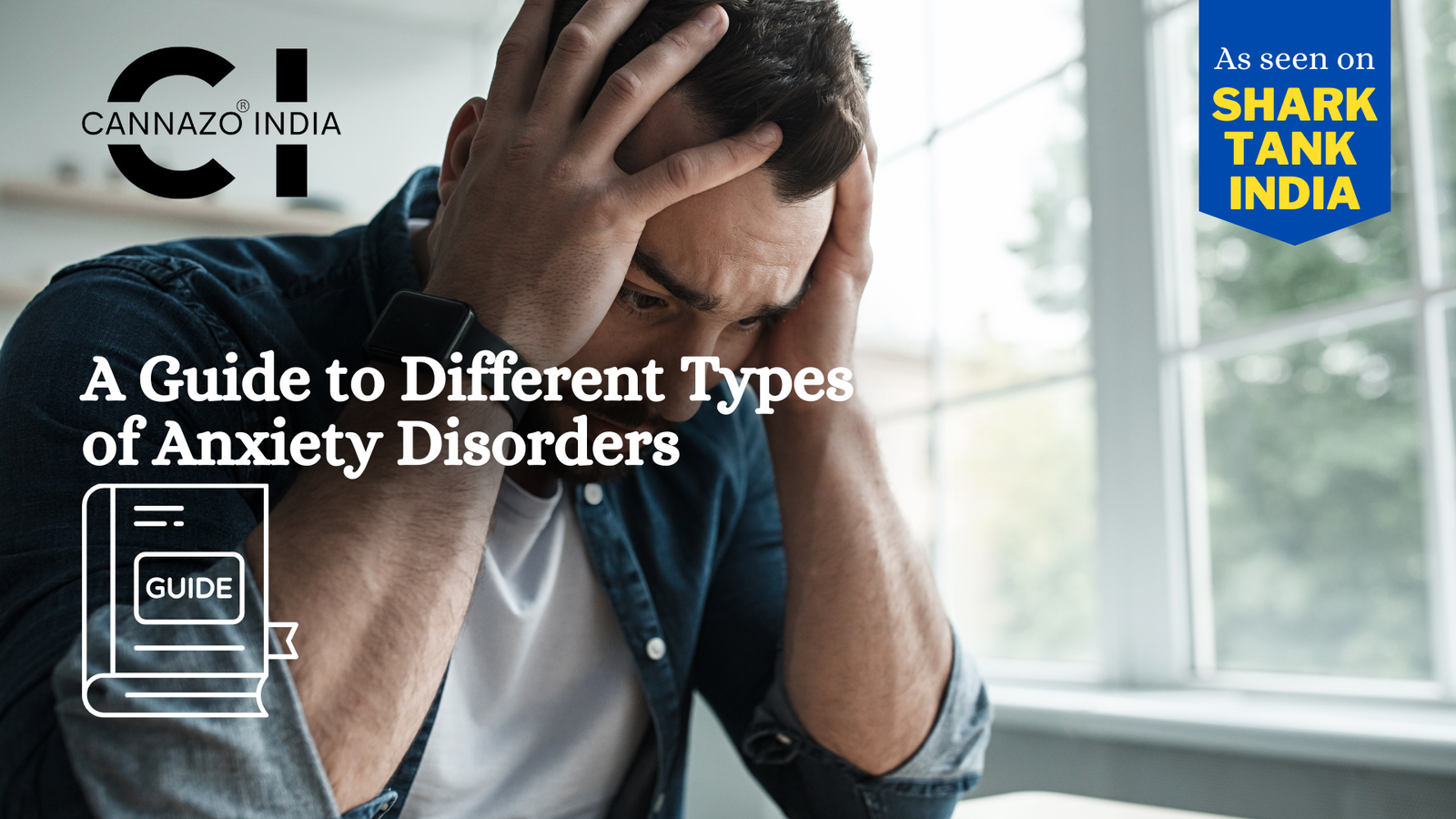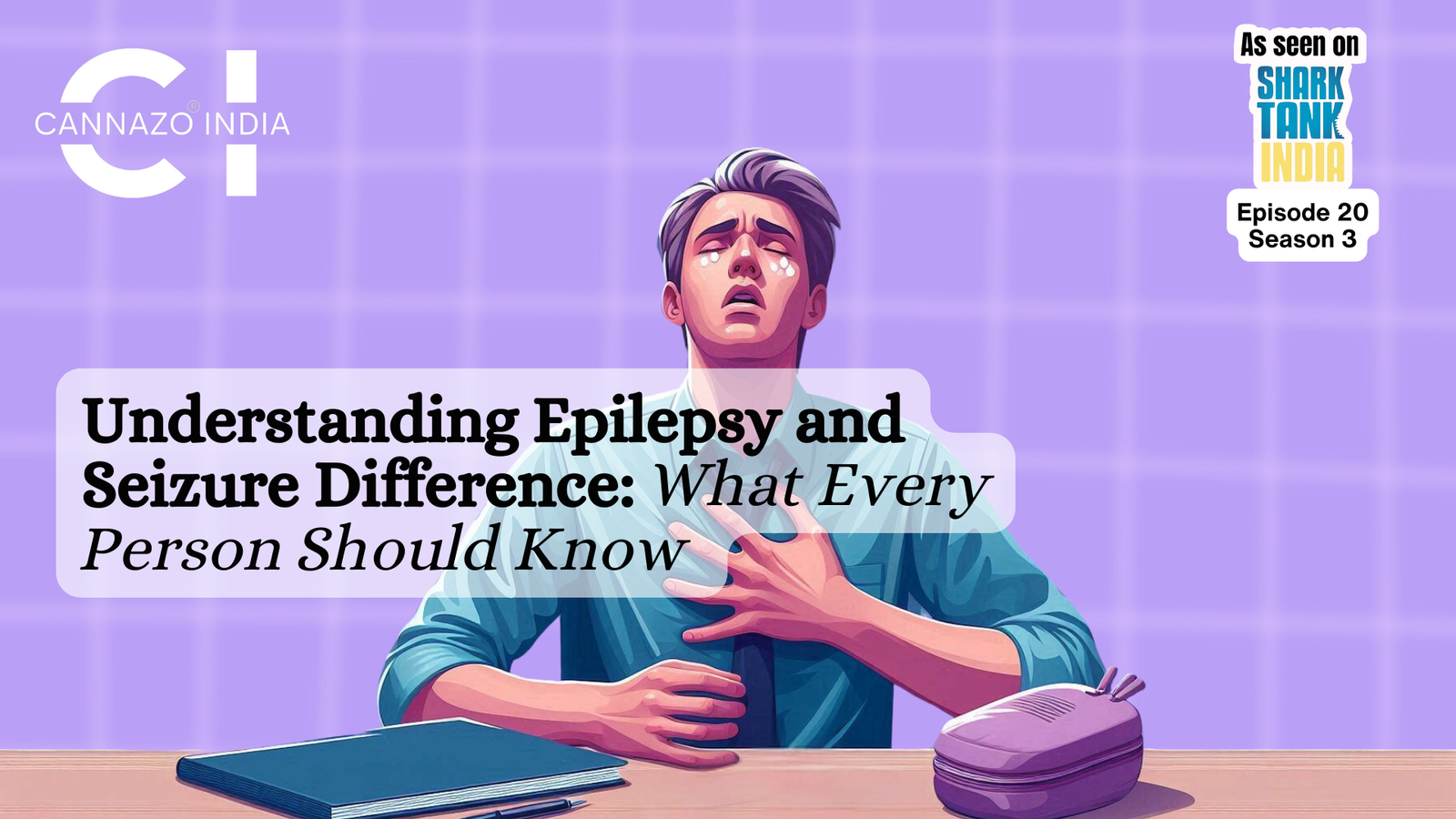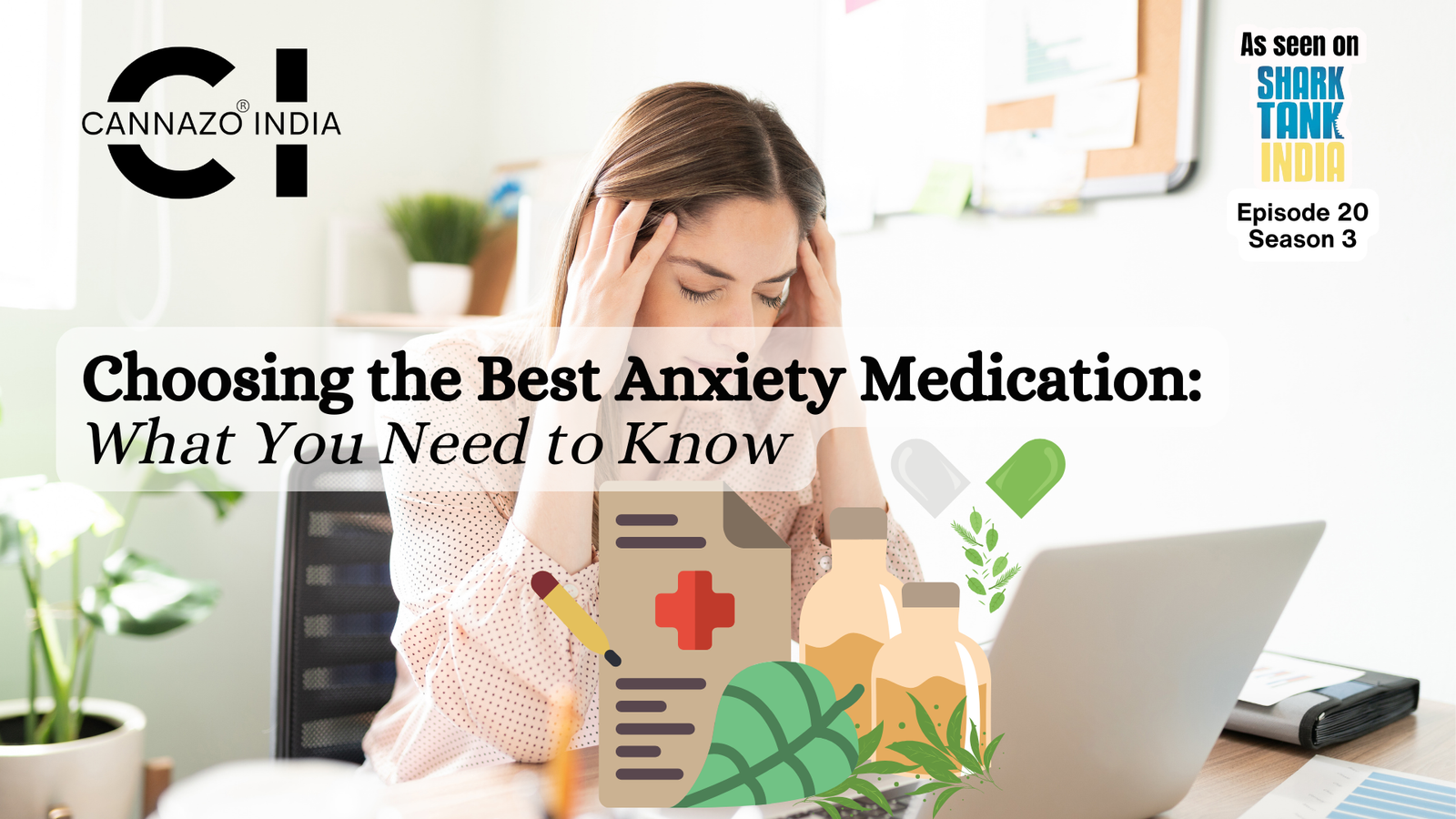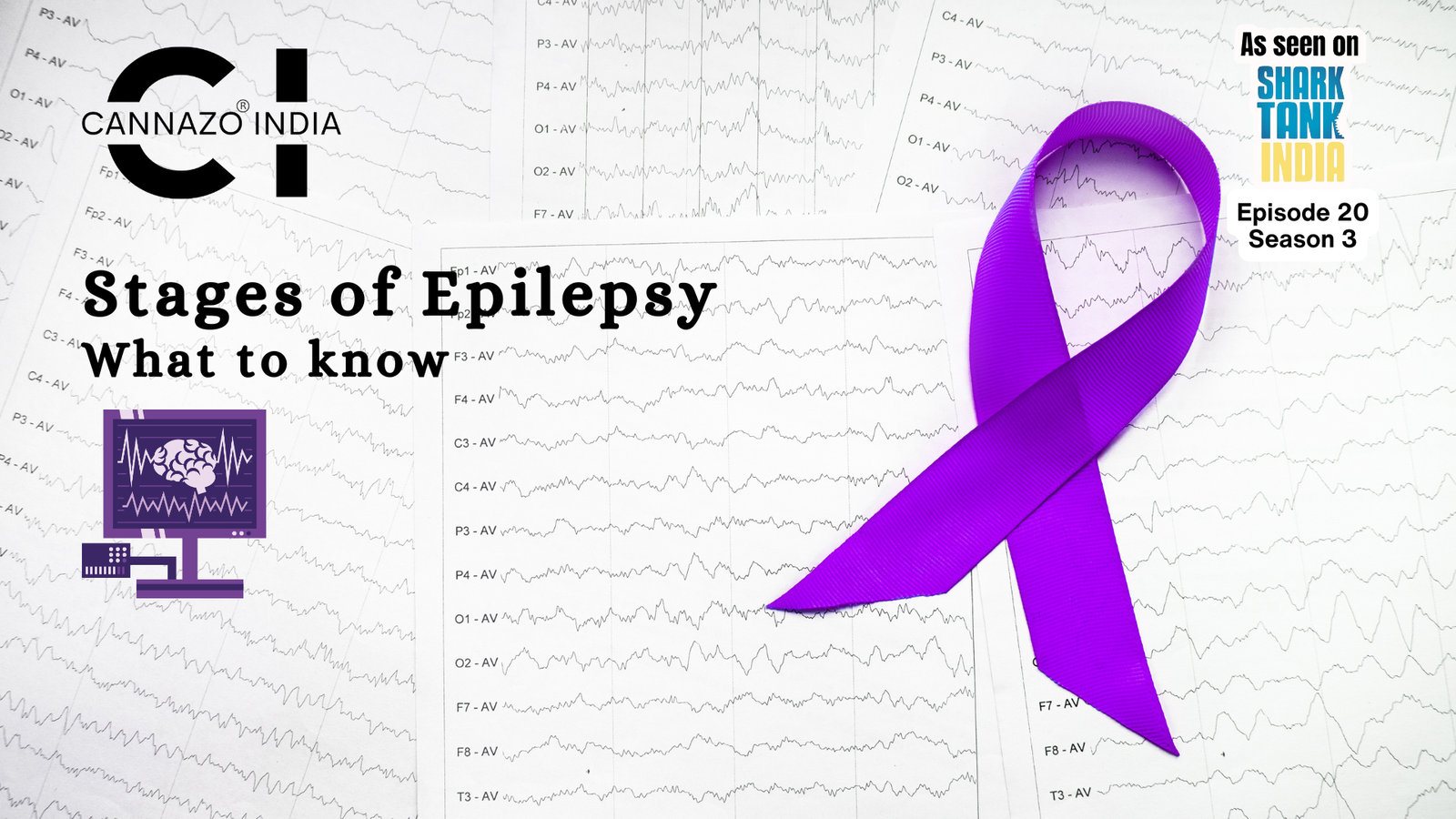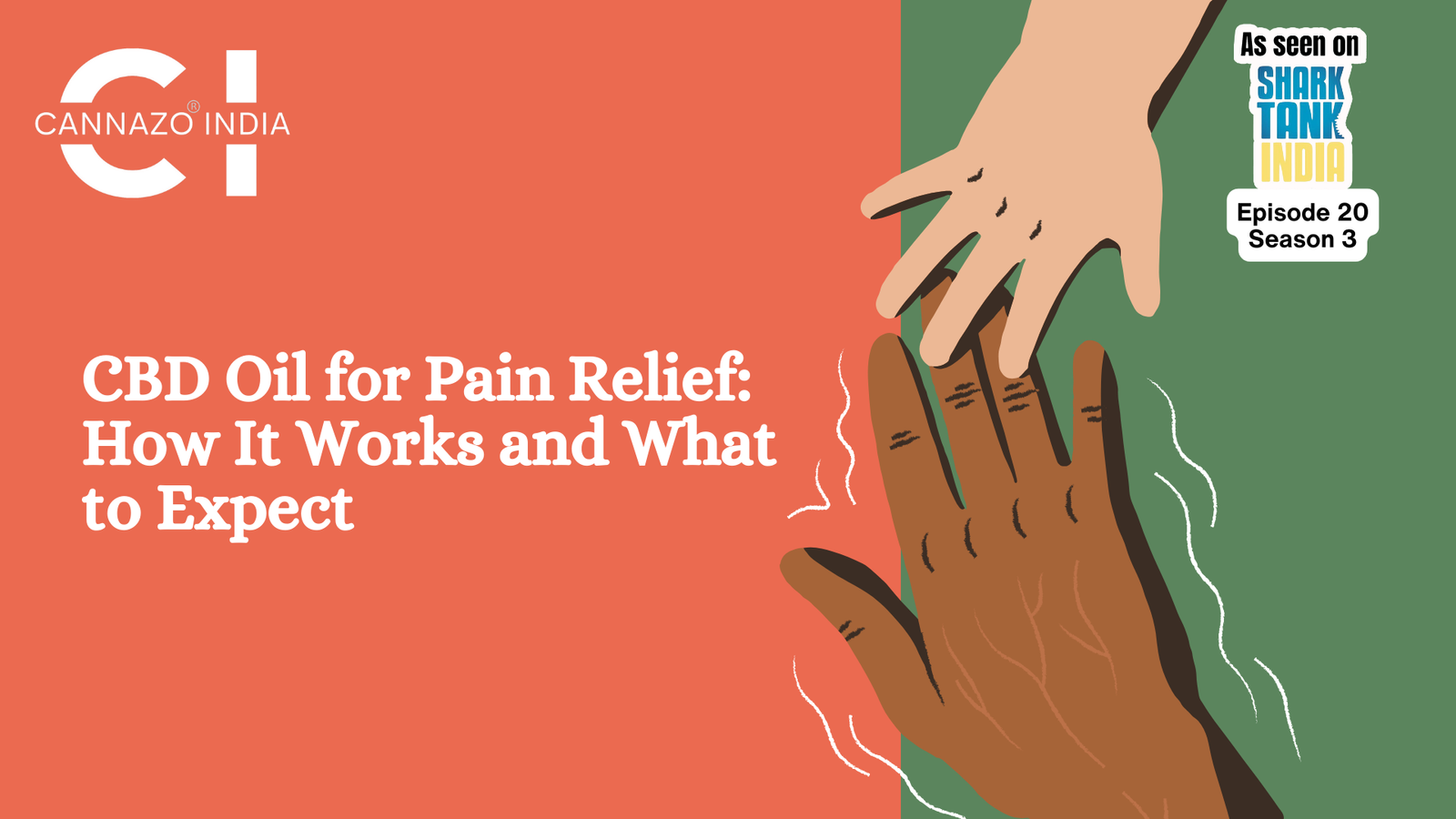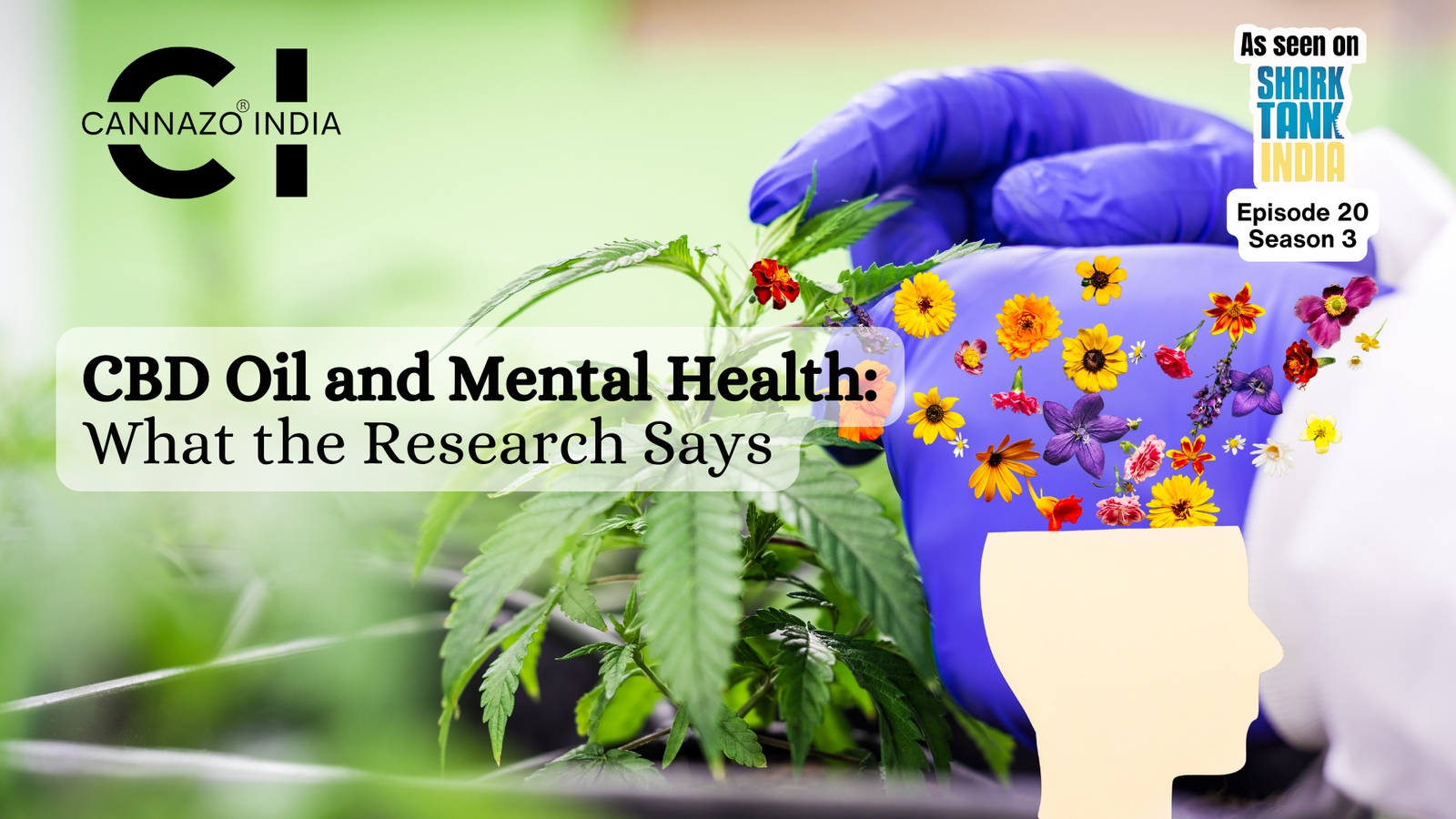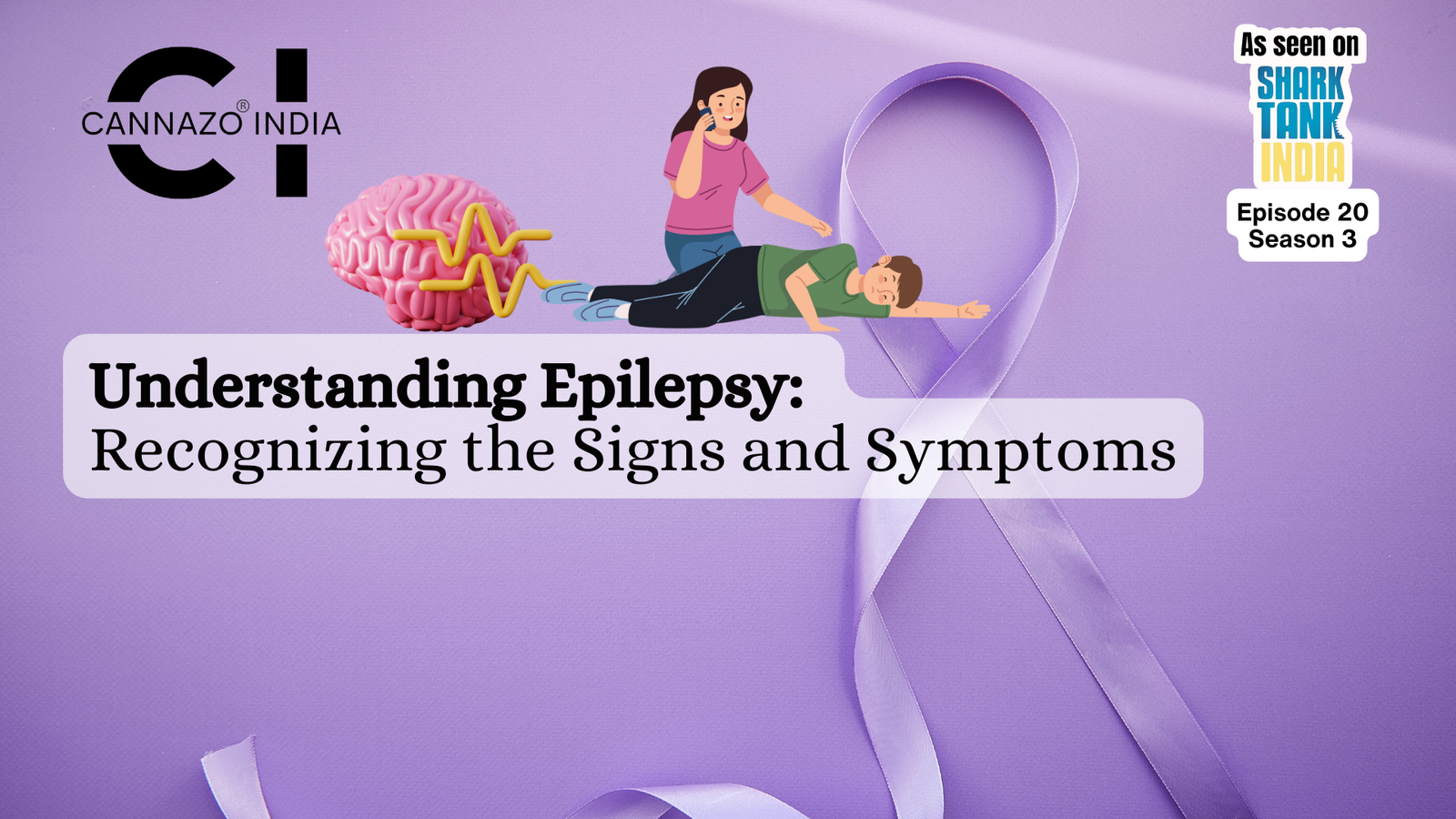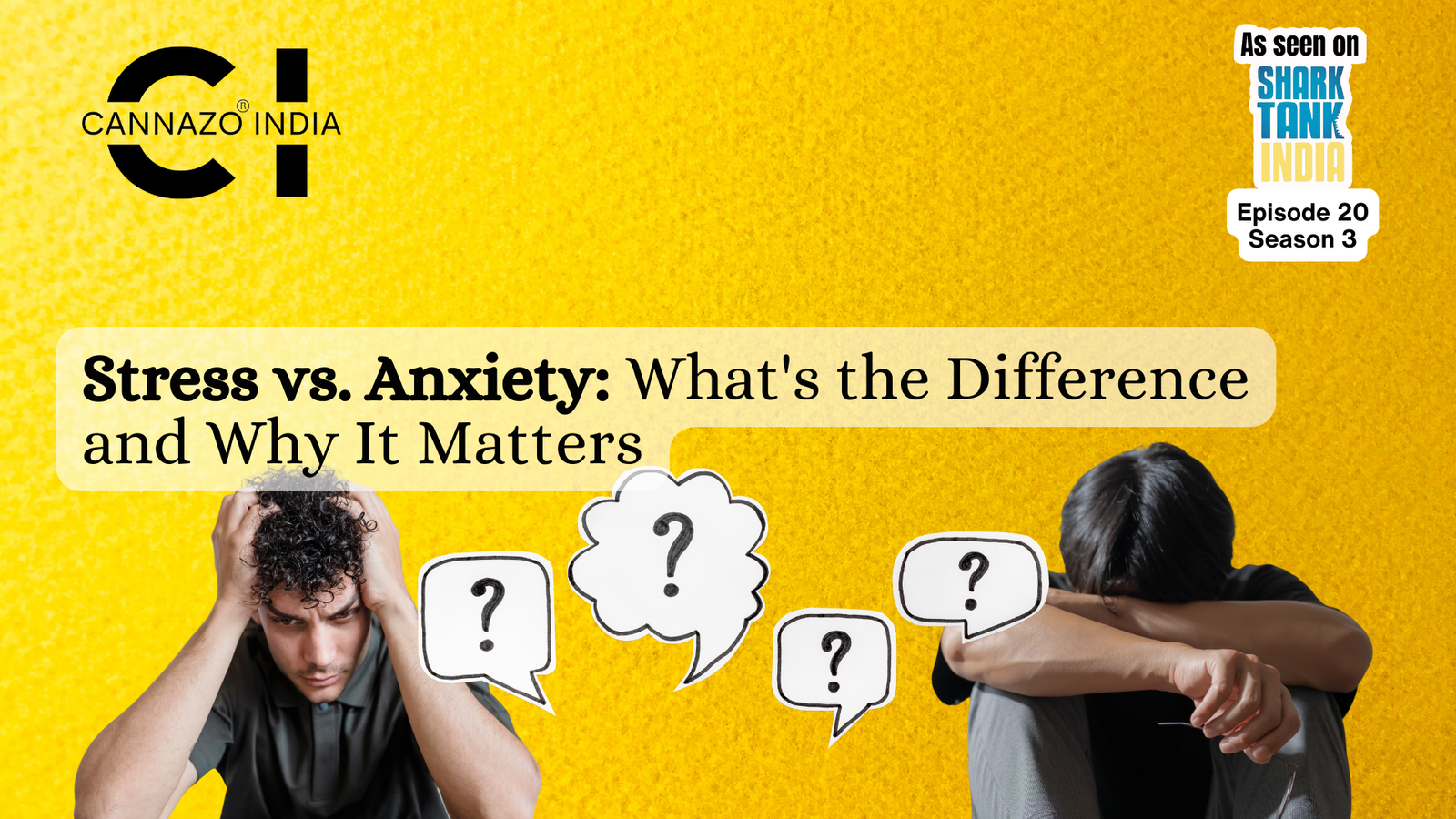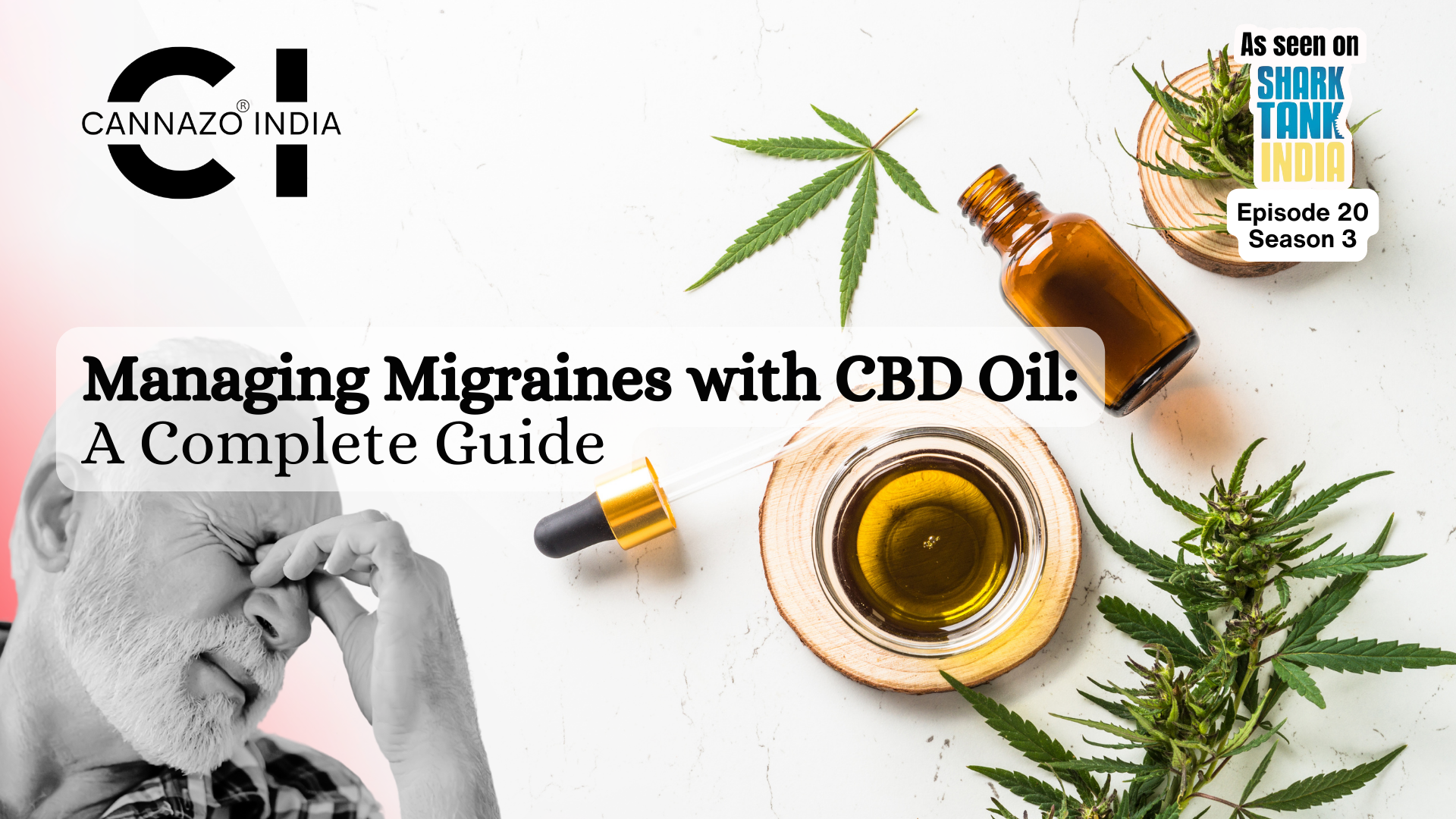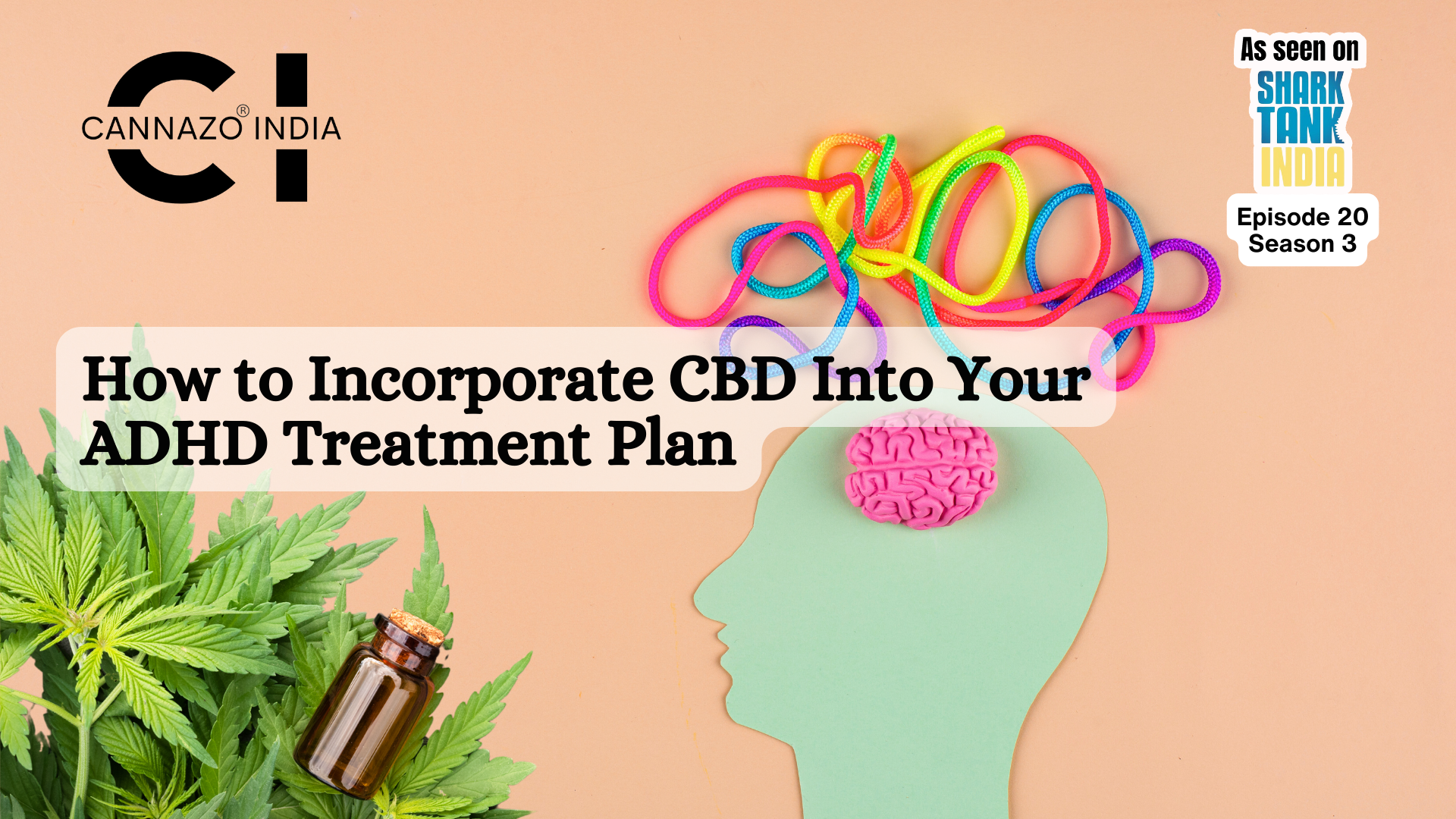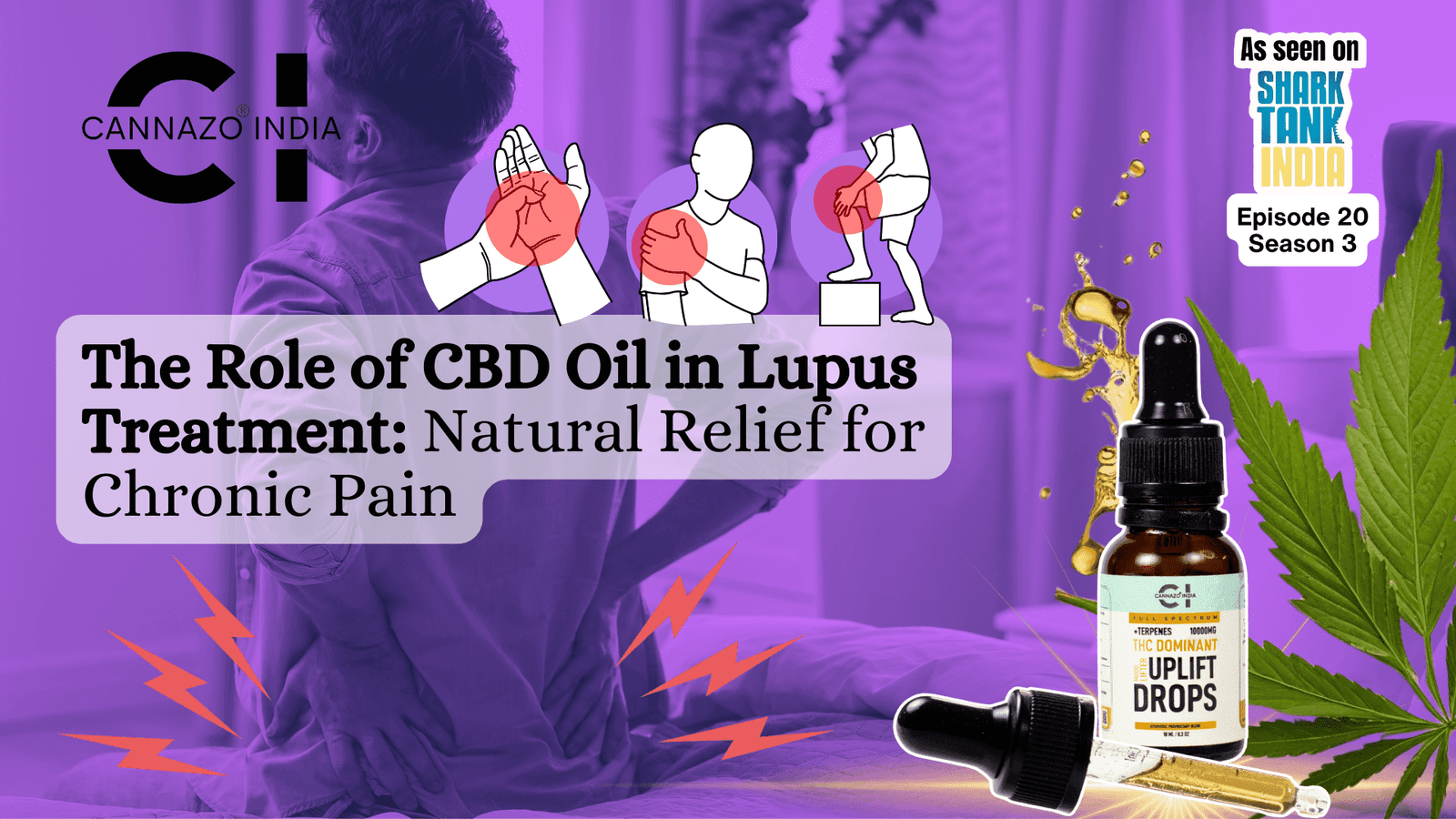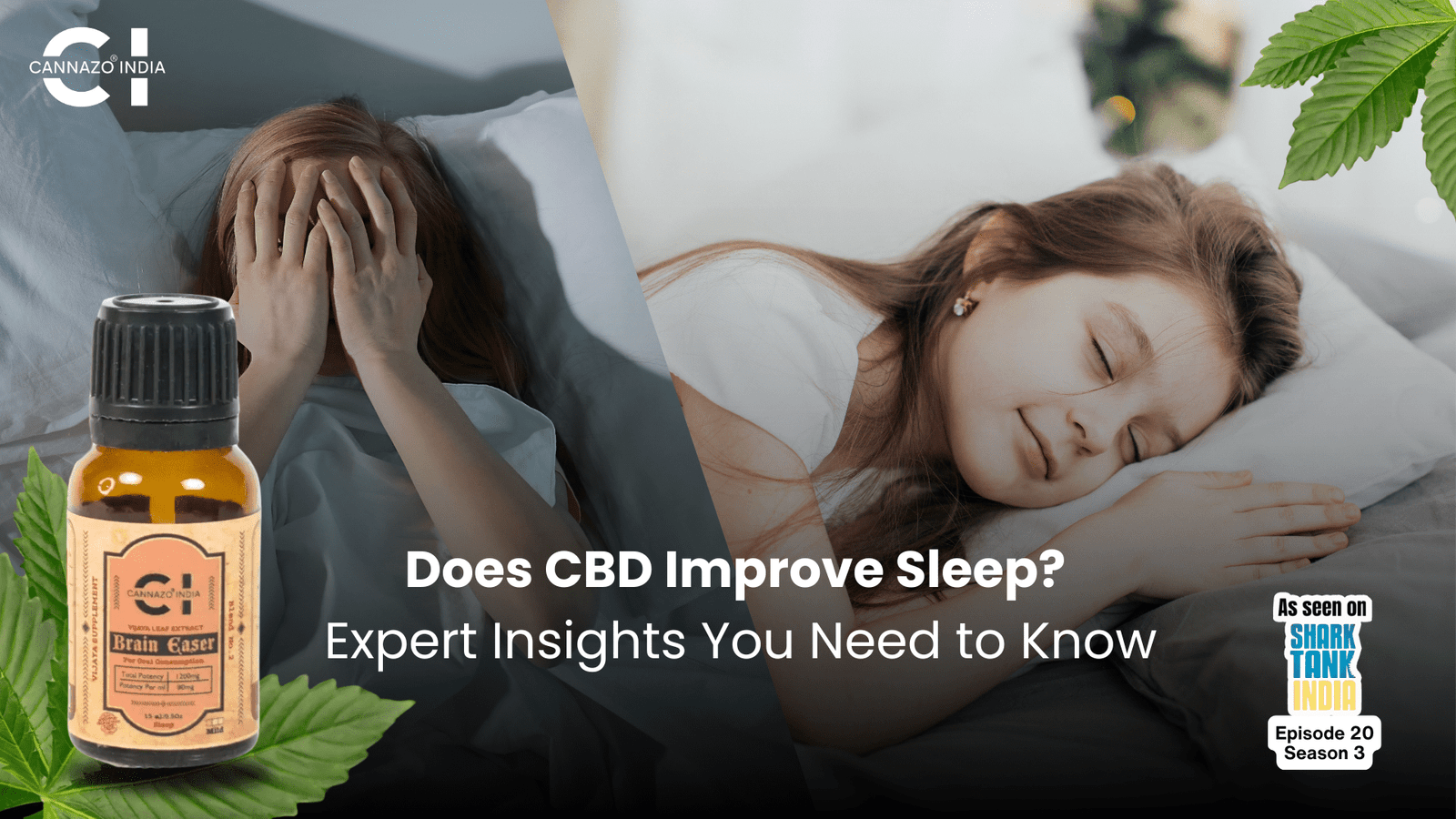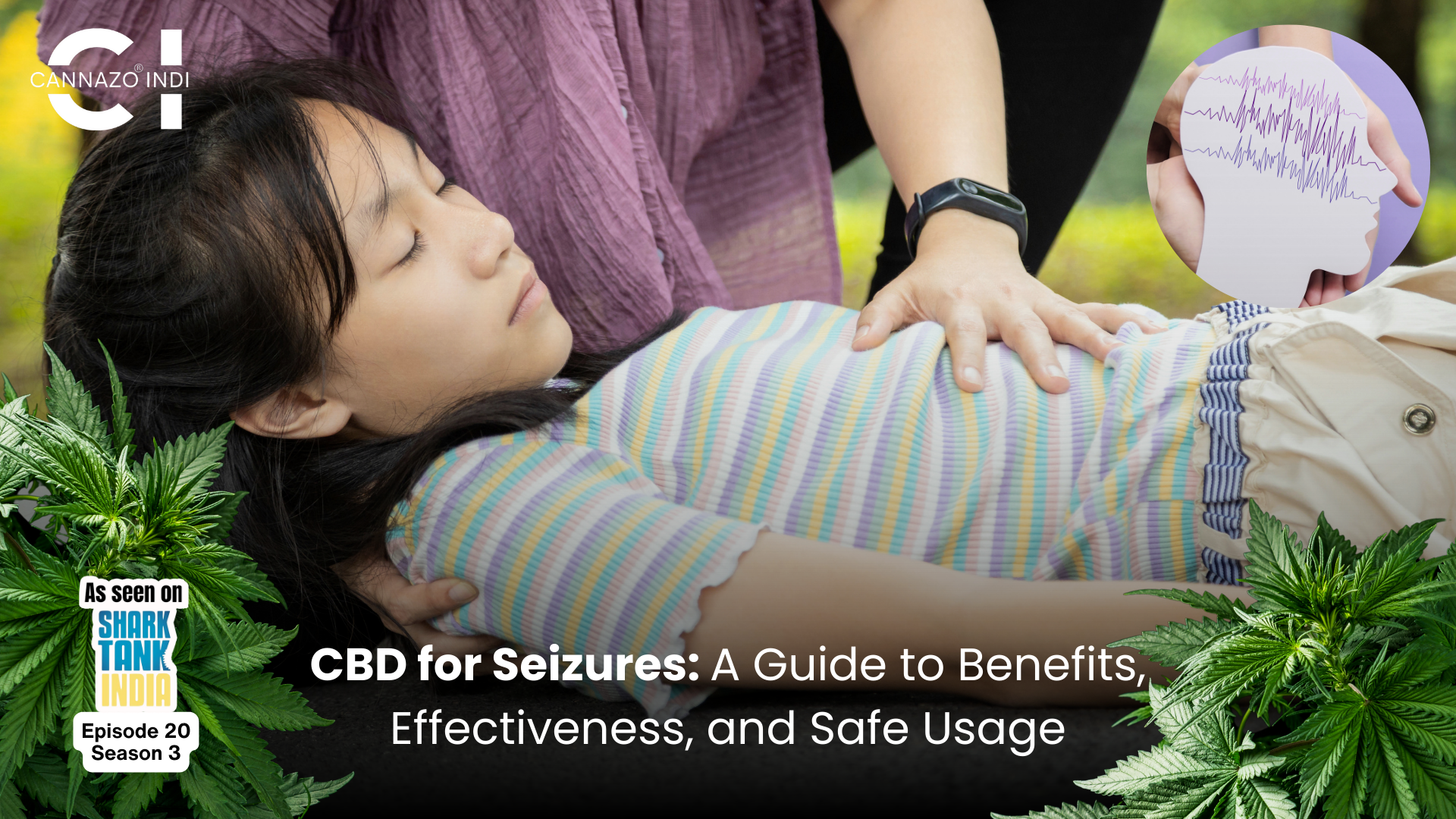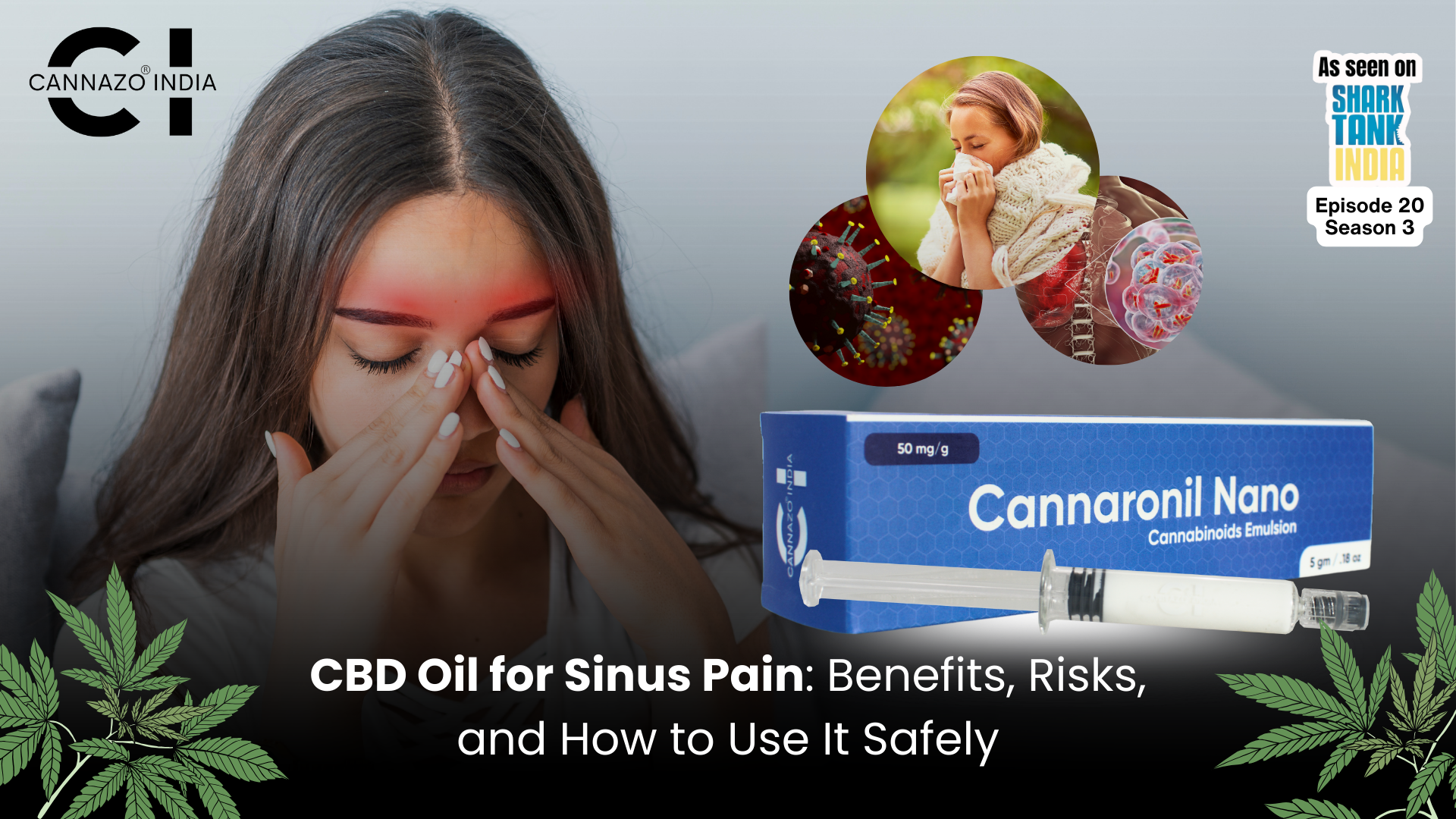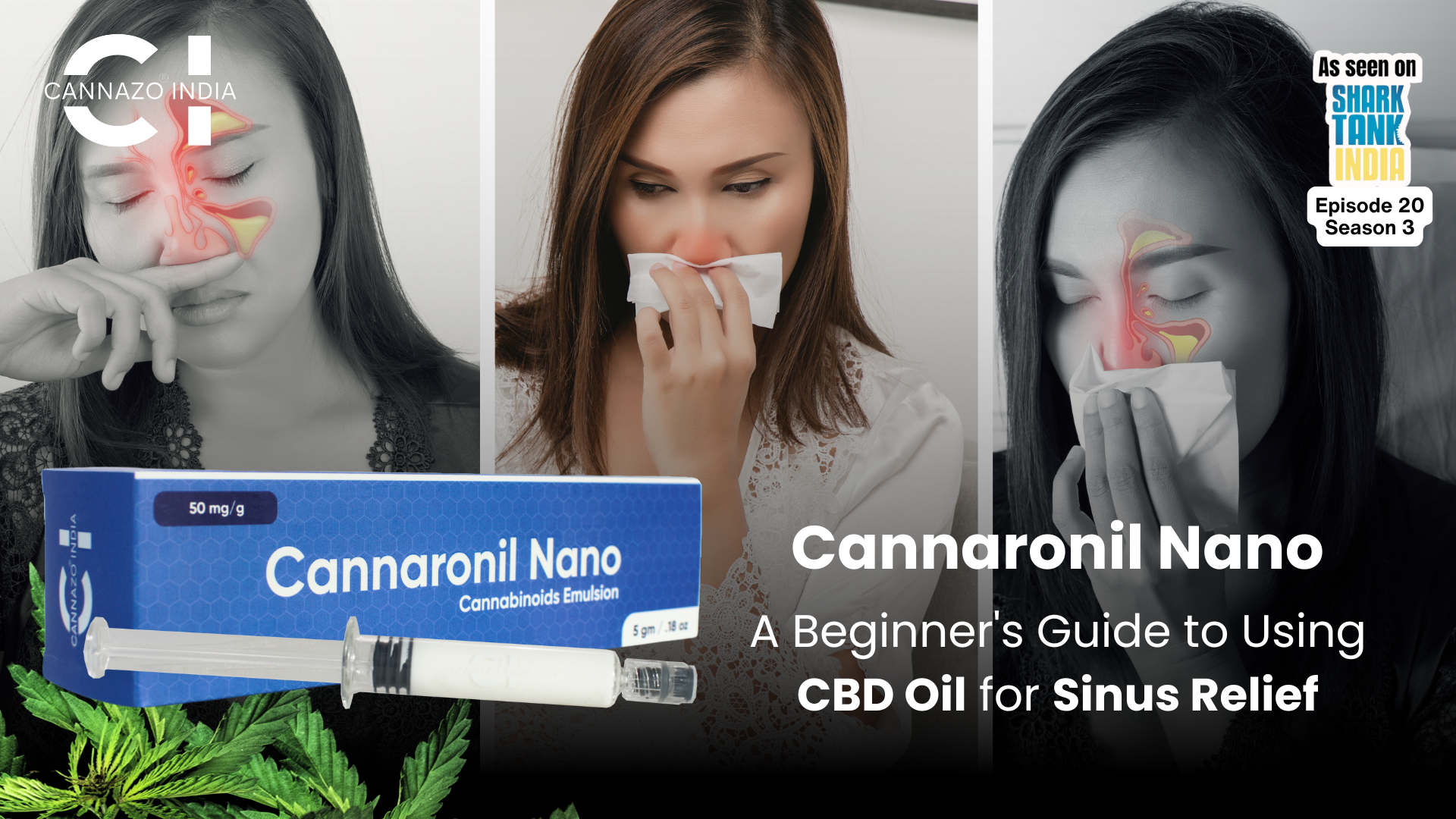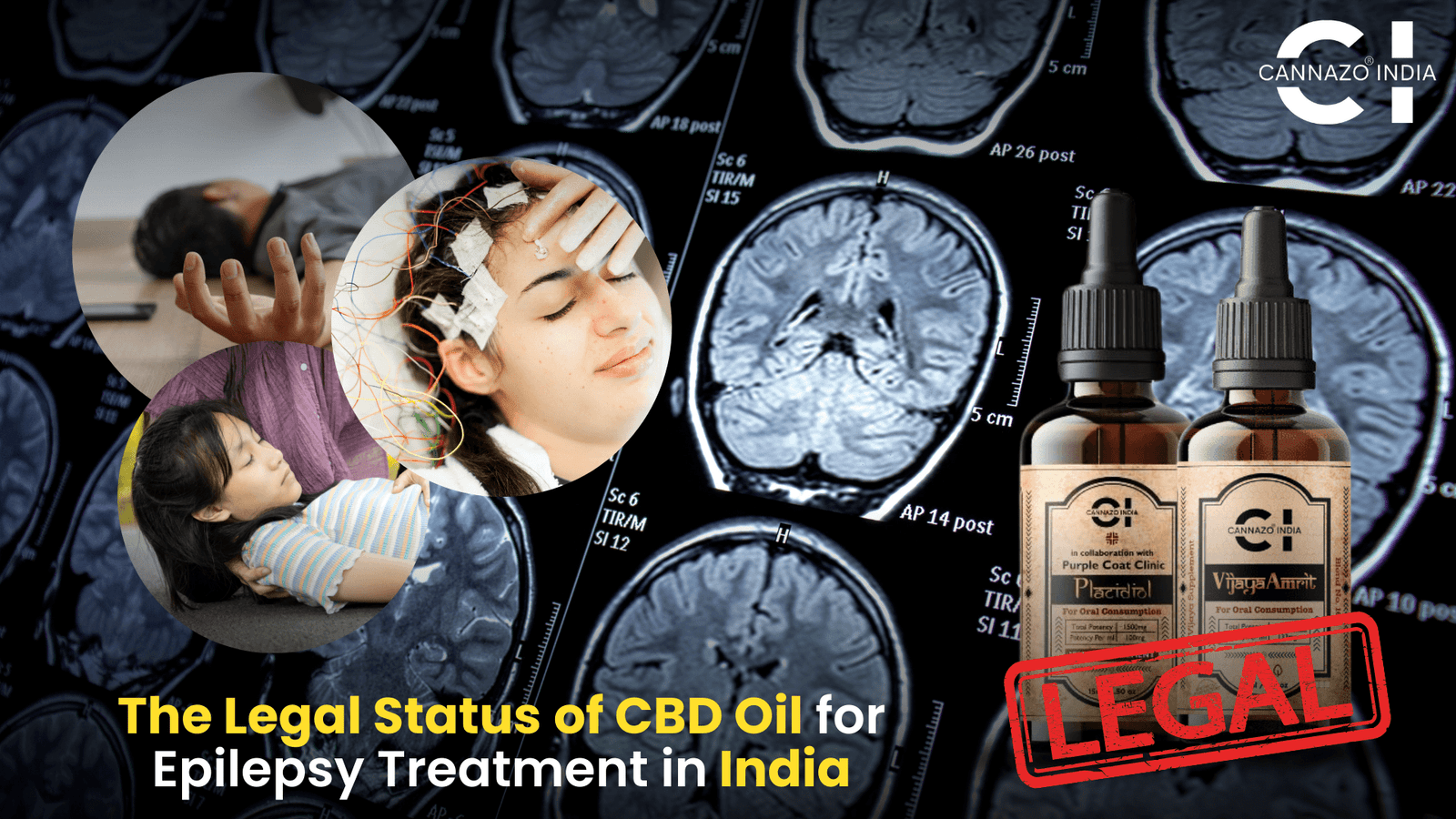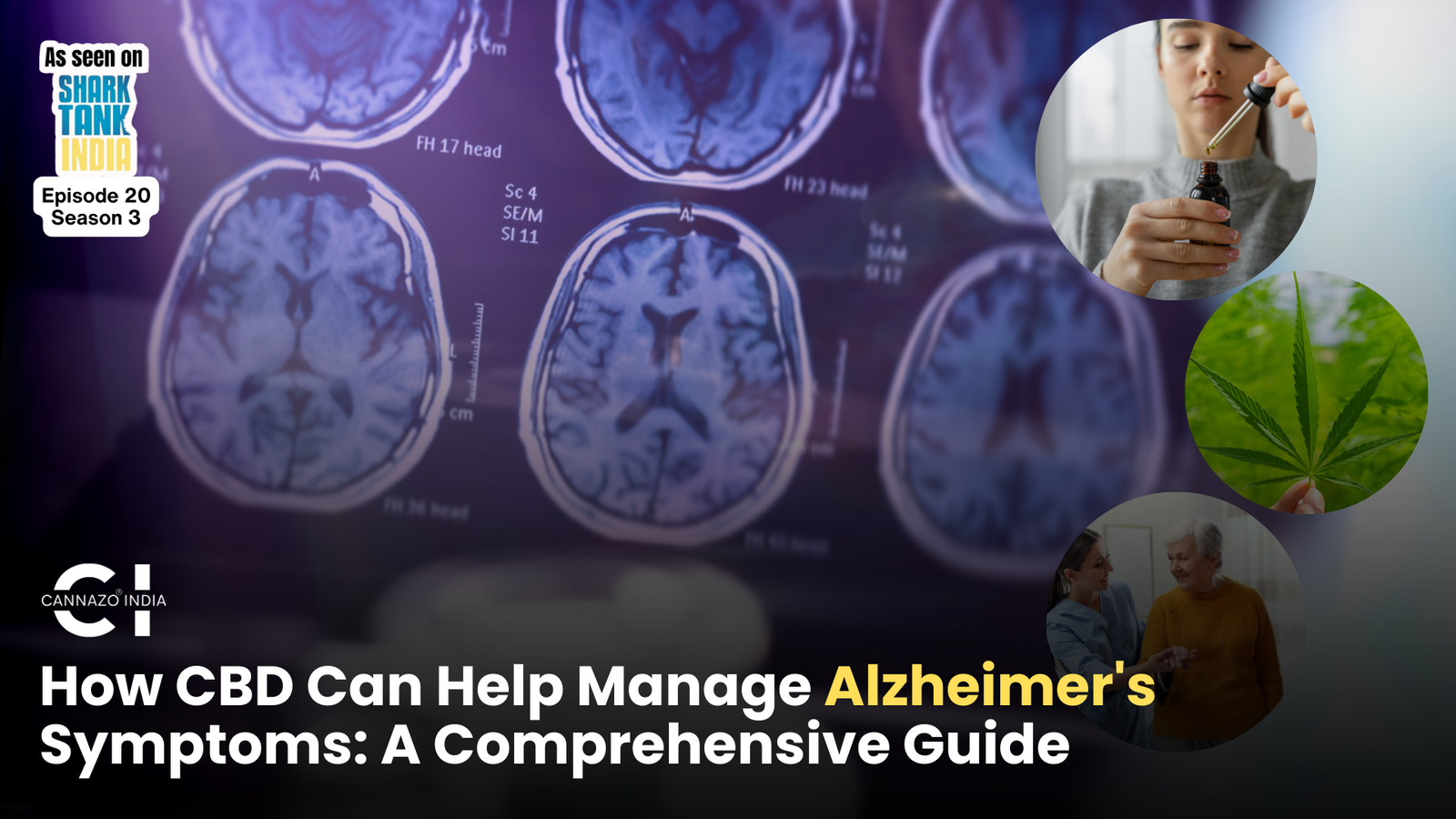A good night’s sleep can be the difference between a good and a bad day. But that’s not it. Sleep has many other benefits like improved attention span and concentration, better immune system, decreased inflammation etc. (1). However, the CDC estimates that one in three adults may not get enough sleep (2).
This means that around 33% of adults may be affected by some form of condition which decreases their quality of life. However, there are many remedies for improving sleep. An upcoming natural, plant-based remedy is medical cannabis (MC).
This article explores the use of CBD oil for sleep along with the benefits of using CBD oil for sleep.
What is CBD Oil?
Leaves of MC consist of two main cannabinoids: cannabidiol (CBD) and tetrahydrocannabinol (THC). The extract of these leaves is used to make CBD oil.
CBD has been shown to have many beneficial effects like decreasing pain, improving sleep, decreasing anxiety and stress, and many more (3).
How Does CBD Oil Work?
Cannabinoids like CBD interact with the endocannabinoid system (ECS) of the body. Evidence suggests that an increase in the receptors of the ECS is involved in the regulation of sleep (4,5).
These receptors include cannabinoid (CB) receptors, CB1 and CB2. The interaction of CBD with CB1 and CB2 helps regulate sleep with studies showing that medium to high doses of CBD help in increasing sleep (4). Thus, using CBD oil for sleep might confer many benefits.
Benefits of Using CBD Oil for Sleep
Babson et al. (2017) reviewed the effect of cannabinoids on sleep. Using CBD oil for sleep has many beneficial effects (4) including:
- Improved sleep quality
- Improved sleep in chronic pain conditions
- Reduced daytime sleepiness
- Reduced symptoms in REM behaviour disorder
Research and Studies
Many animal studies and clinical trials have been conducted to test the efficacy of CBD oil for sleep improvement in various conditions like insomnia.
Insomnia
In a randomised double-blind placebo-controlled study, it was found that the group administered CBD:THC oil experienced an 80% improvement in the quality of sleep along with a 30% increase in midnight melatonin levels. The most surprising was that 60% of clinically diagnosed insomniacs were no longer classified as insomniacs (5).
Restless leg syndrome
Due to restless leg syndrome (RLS), the patient experiences an uncomfortable sensation in their legs, leading to a strong urge to move them.
In a 2017 case series analysing the effect of cannabis on RLS, they found that using cannabis led to 100% relief. One of these patients used sublingual CBD for RLS and experienced 100% relief (6). In another 2020 case series, CBD was observed to alleviate RLS by 70-90% in 2 patients (7).
Chronic pain conditions
A 2021 study investigating the effect of MC on outpatients at a rheumatology clinic found that the use of MC led to an improvement in pain and sleep quality depending on the dose.
The highest improvement in sleep was 87% with an MC dose of 36g per month. It also led to an 83% reduction in pain. The lowest improvement in sleep was 71% with an MC dose of 35g per month, which also led to an 82% decrease in pain (8).
How to Use CBD Oil for Sleep
Moreover, CBD oil may be added to relaxing herbal teas before bedtime can help improve sleep. Apart from that, CBD oils and topicals can be massaged gently to relieve pain and improve sleep quality.
Dosage Recommendations
For 1:1 CBD:THC products, the FDA has approved a daily starting dosage of 2.5-4mg (per day). This applies to oral and sublingual CBD tinctures, and it is recommended to start with a low dose and then gradually increase the dose depending on the efficacy and side effects.
It is wise to ask an expert healthcare professional how you should start using CBD oil for sleep management. Book a consultation with our healthcare experts today at https://cannazoindia.com/doctor-consultation/.
Types of CBD Oil for Sleep
Using CBD oil for sleep is pretty simple due to the versatility of CBD. It is available in many forms, including:
- Sublingual: CBD oil can be placed under the tongue for sublingual administration.
- Topical: CBD ointments and oils can be massaged gently for topical application.
- Vaporisers: CBD can be administered through vaporisers for a quick effect.
- Inhalers: CBD inhalers are also available for a quick effect.
Apart from different modes of administration, there are many types of CBD oil available, including:
- Full-spectrum: consists of CBD, THC and other compounds present in the leaves.
- Broad-spectrum: consists of all compounds except THC.
- CBD isolate: consists only of CBD.
It is best to consult a healthcare expert to decide which type of CBD oil for sleep improvement is best for you.
Conclusion
Research has shown that CBD, a natural plant-based compound, has huge potential in improving sleep quality and duration by tackling many aetiological factors like insomnia, RLS, pain, etc. Thus, using CBD oil for sleep may help improve daily functioning (5) by providing a restful night’s sleep.
References
- Leech J. 10 Reasons to Get More Sleep [Internet]. 10 Reasons to Get More Sleep. 2023 [cited 2024 Jun 26]. Available from: https://www.healthline.com/nutrition/10-reasons-why-good-sleep-is-important
- Are you getting enough sleep? [Internet]. Are you getting enough sleep? 2019 [cited 2024 Jun 26]. Available from: https://www.health.harvard.edu/heart-health/are-you-getting-enough-sleep
- Vickery, A. W., & Finch, P. M. (2020). Cannabis: are there any benefits?. Internal medicine journal, 50(11), 1326-1332.
- Babson, K. A., Sottile, J., & Morabito, D. (2017). Cannabis, cannabinoids, and sleep: a review of the literature. Current psychiatry reports, 19(4), 1-12.
- Ried, K., Tamanna, T., Matthews, S., & Sali, A. (2023). Medicinal cannabis improves sleep in adults with insomnia: a randomised double‐blind placebo‐controlled crossover study. Journal of sleep research, 32(3), e13793.
- Megelin, T. & I., Ghorayeb. (2017). Cannabis for restless legs syndrome: a report of six patients. Sleep Med, 36, 182e183.
- Ghorayeb, I. (2020). More evidence of cannabis efficacy in restless legs syndrome. Sleep and Breathing, 24(1), 277-279.
- Habib, G., Khazin, F., & Artul, S. (2021). The effect of medical cannabis on pain level and quality of sleep among rheumatology clinic outpatients. Pain Research and Management, 2021(1), 1756588.





